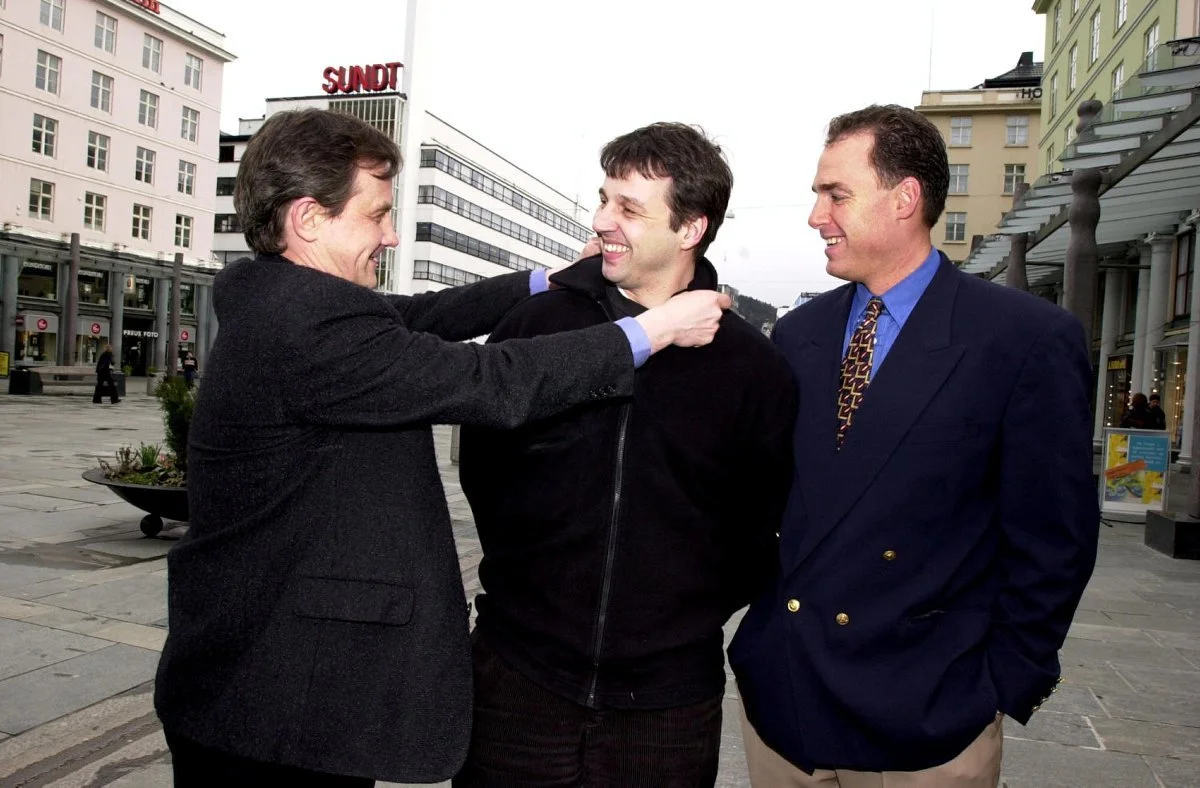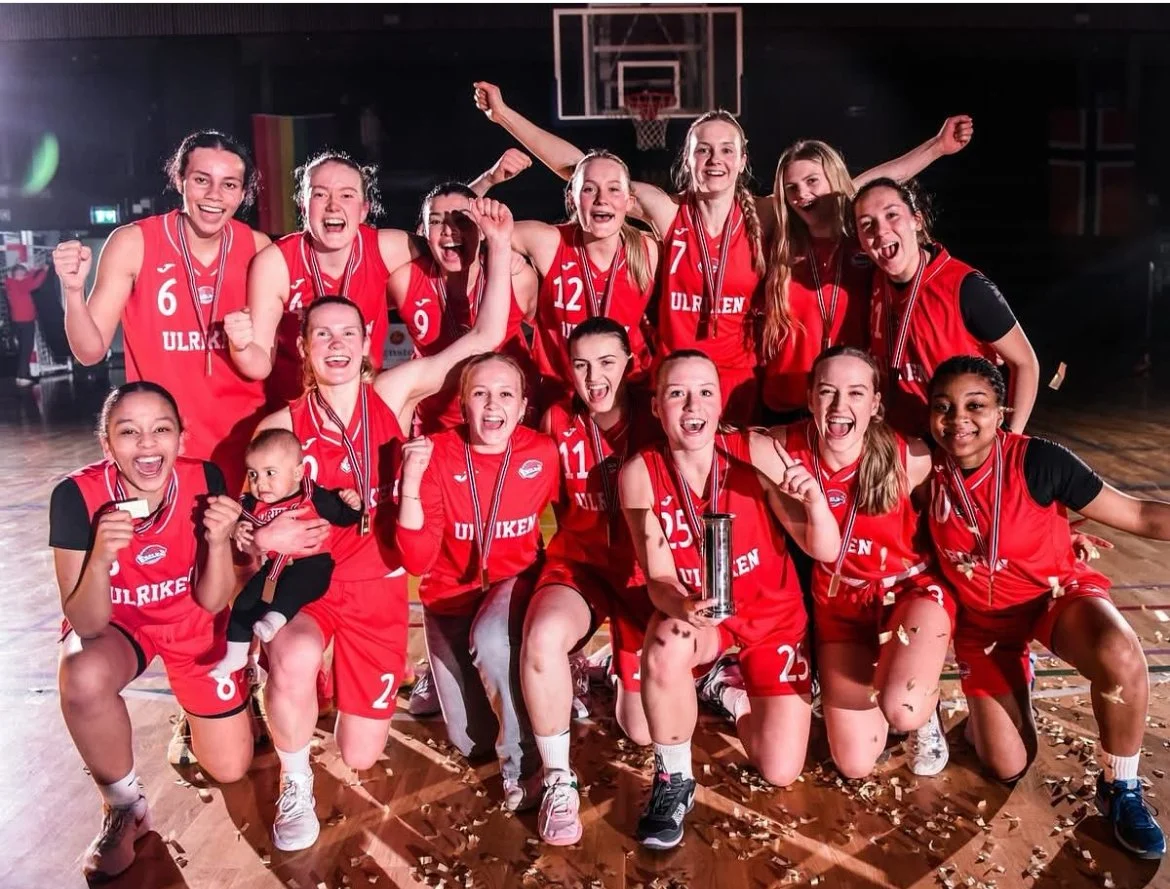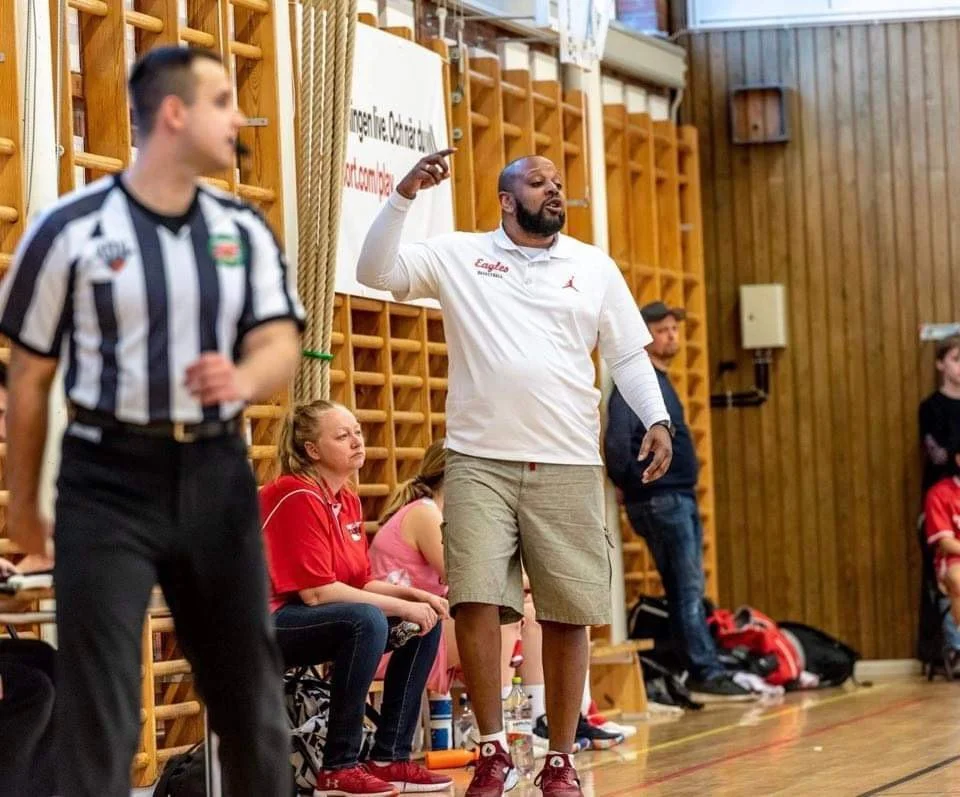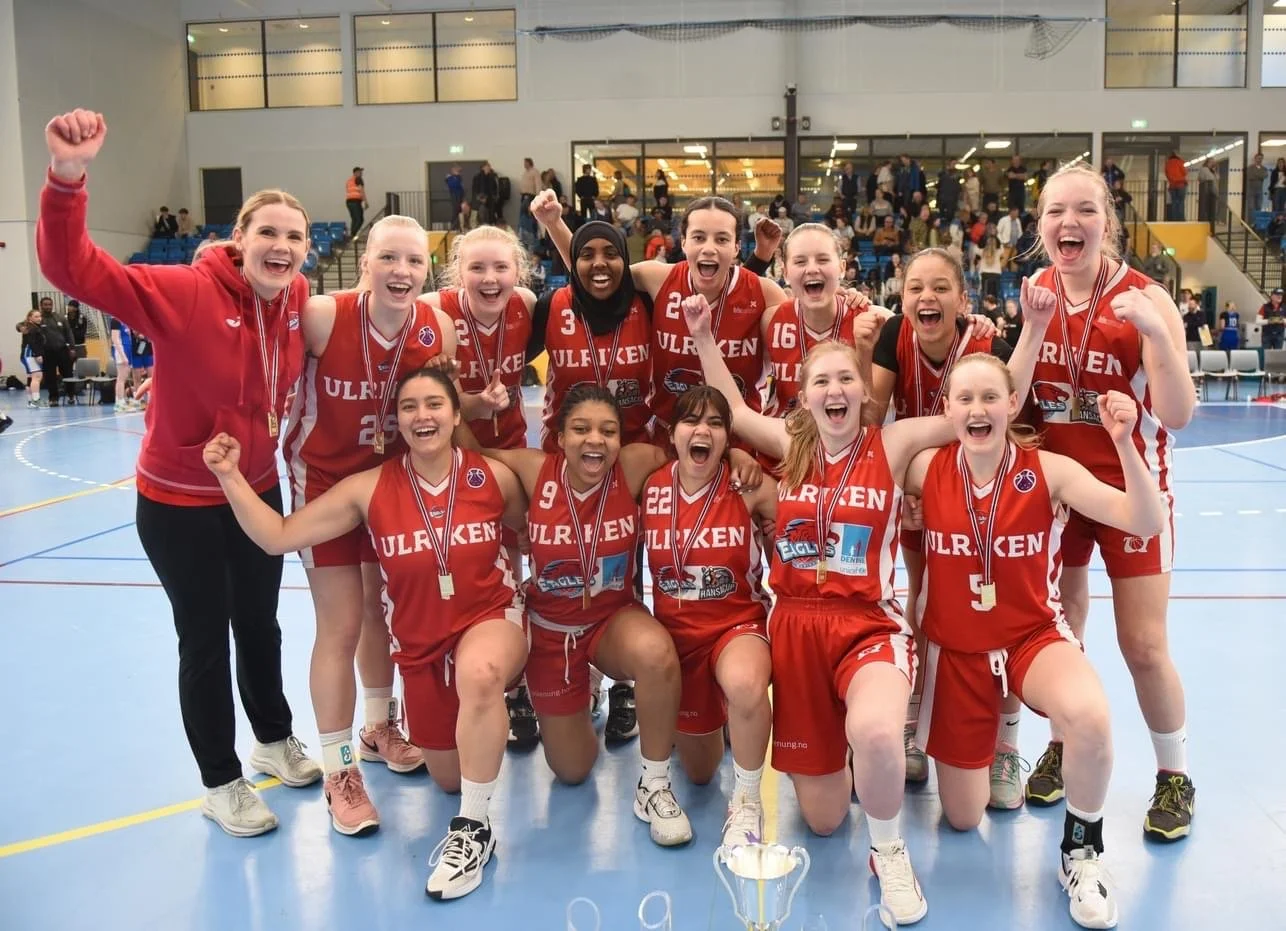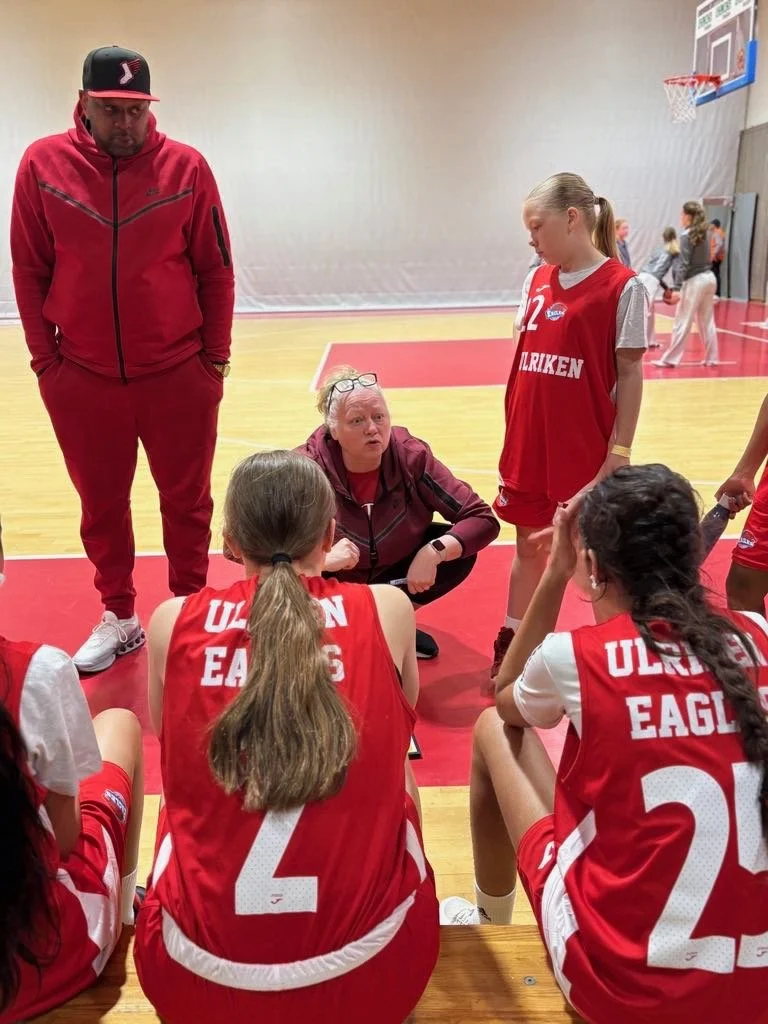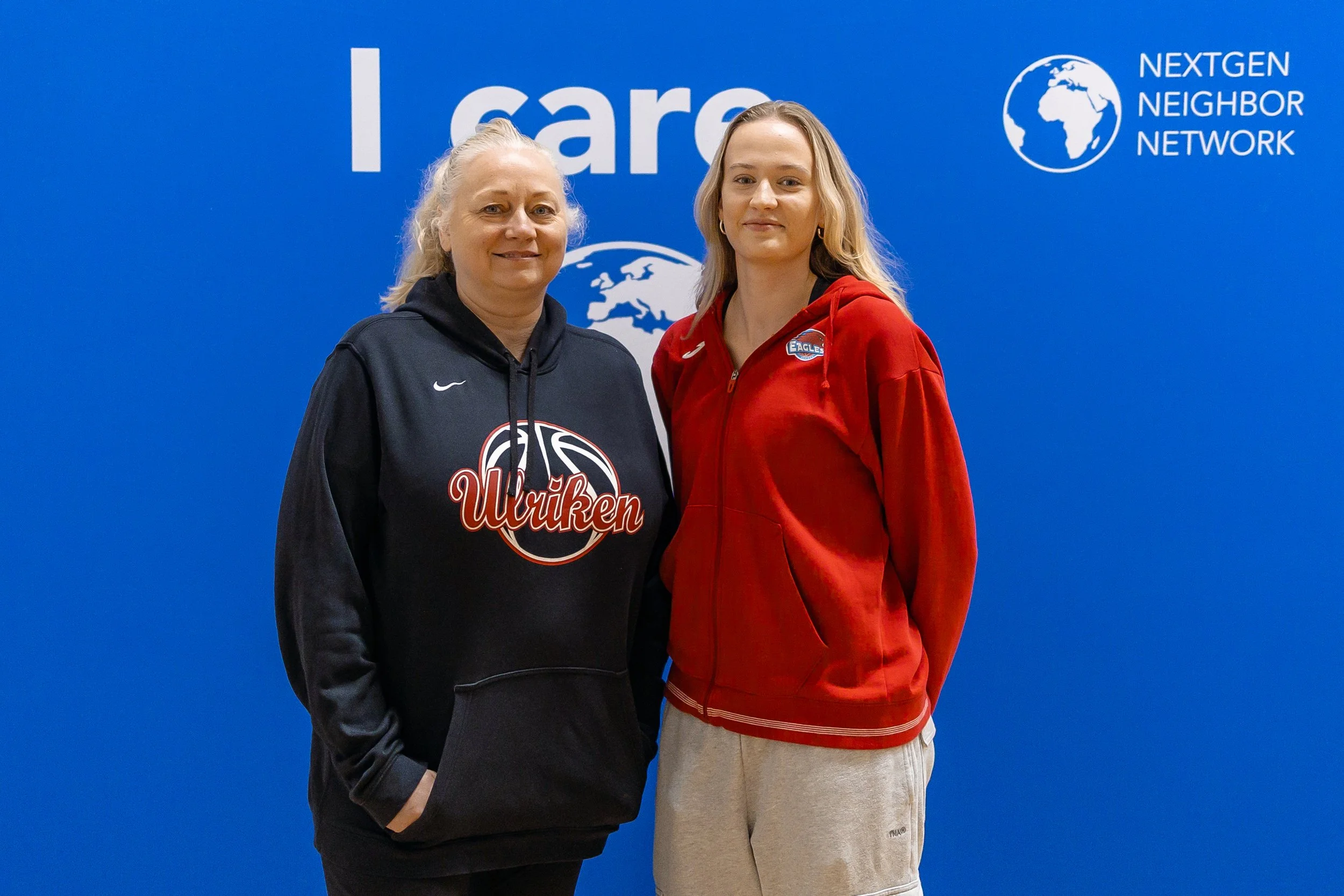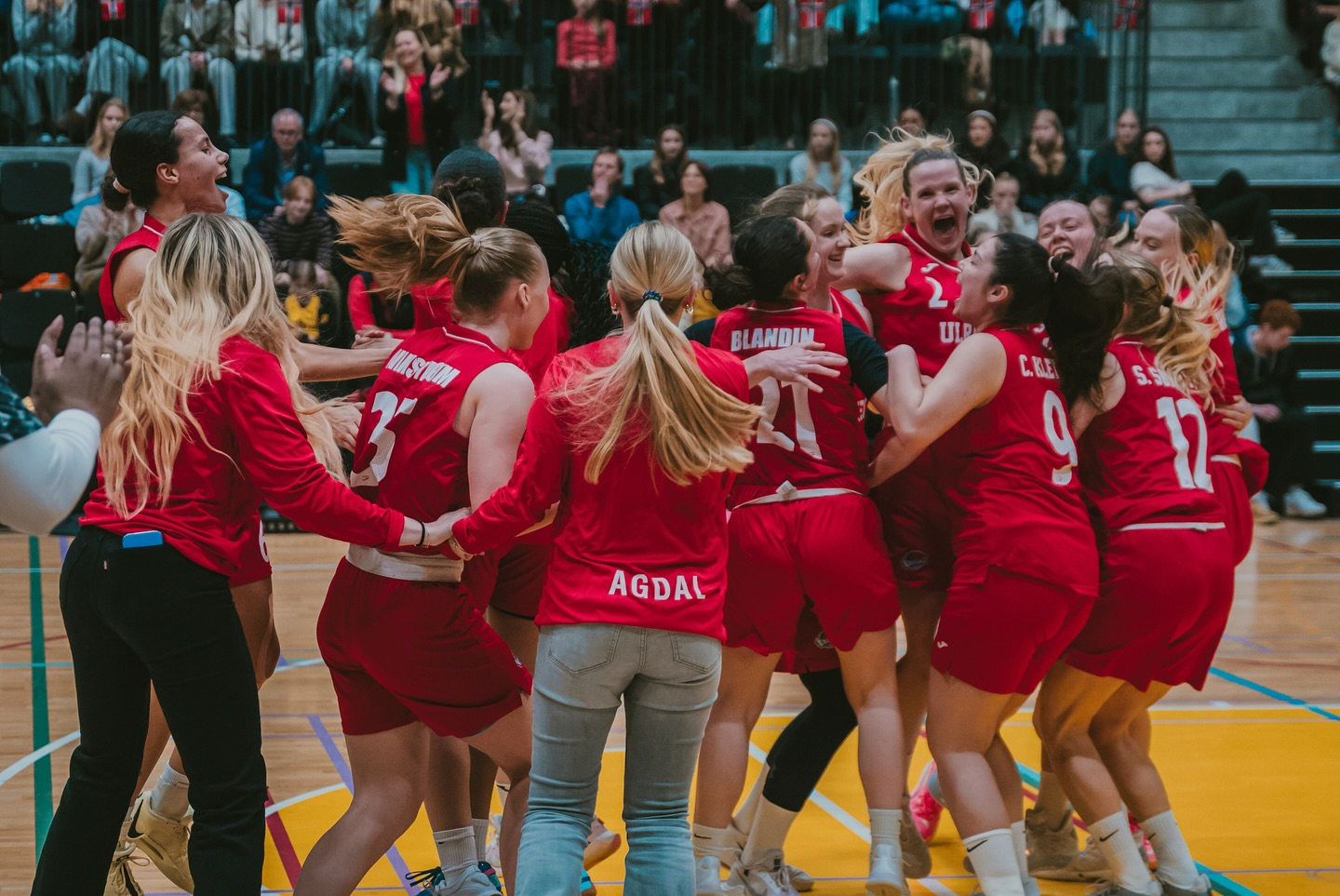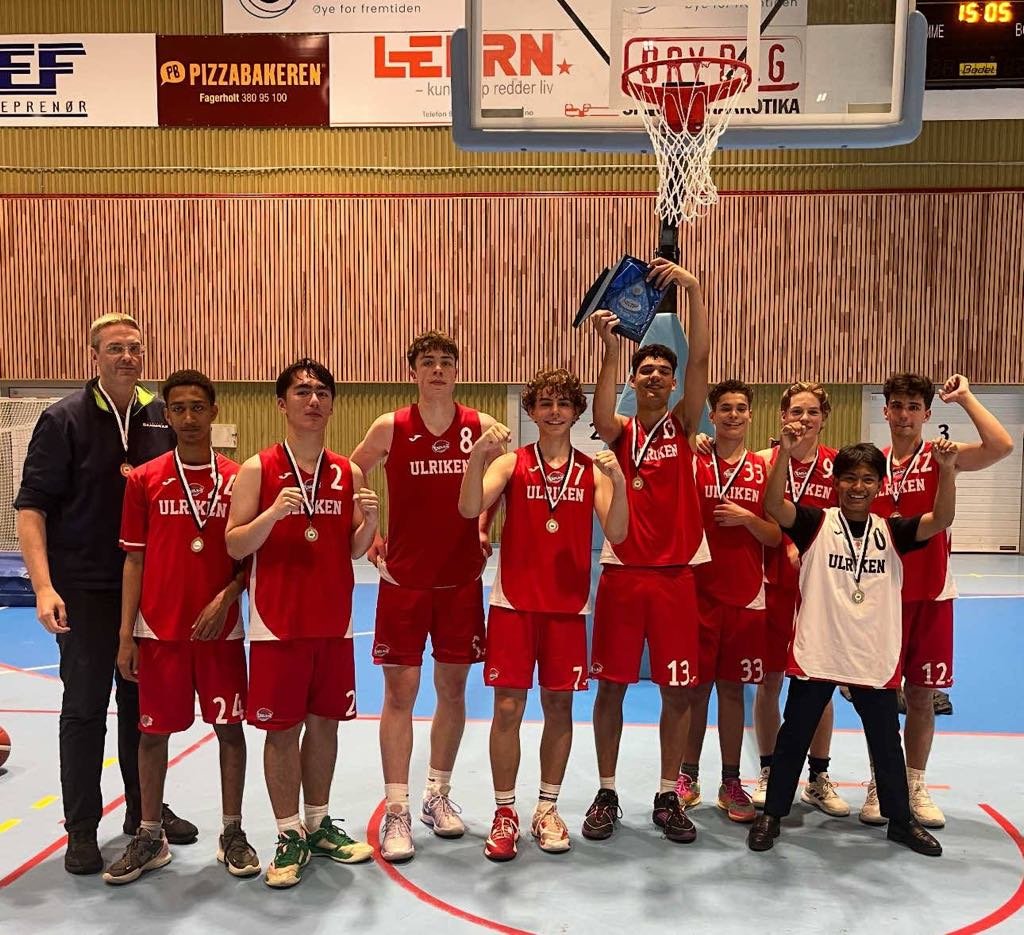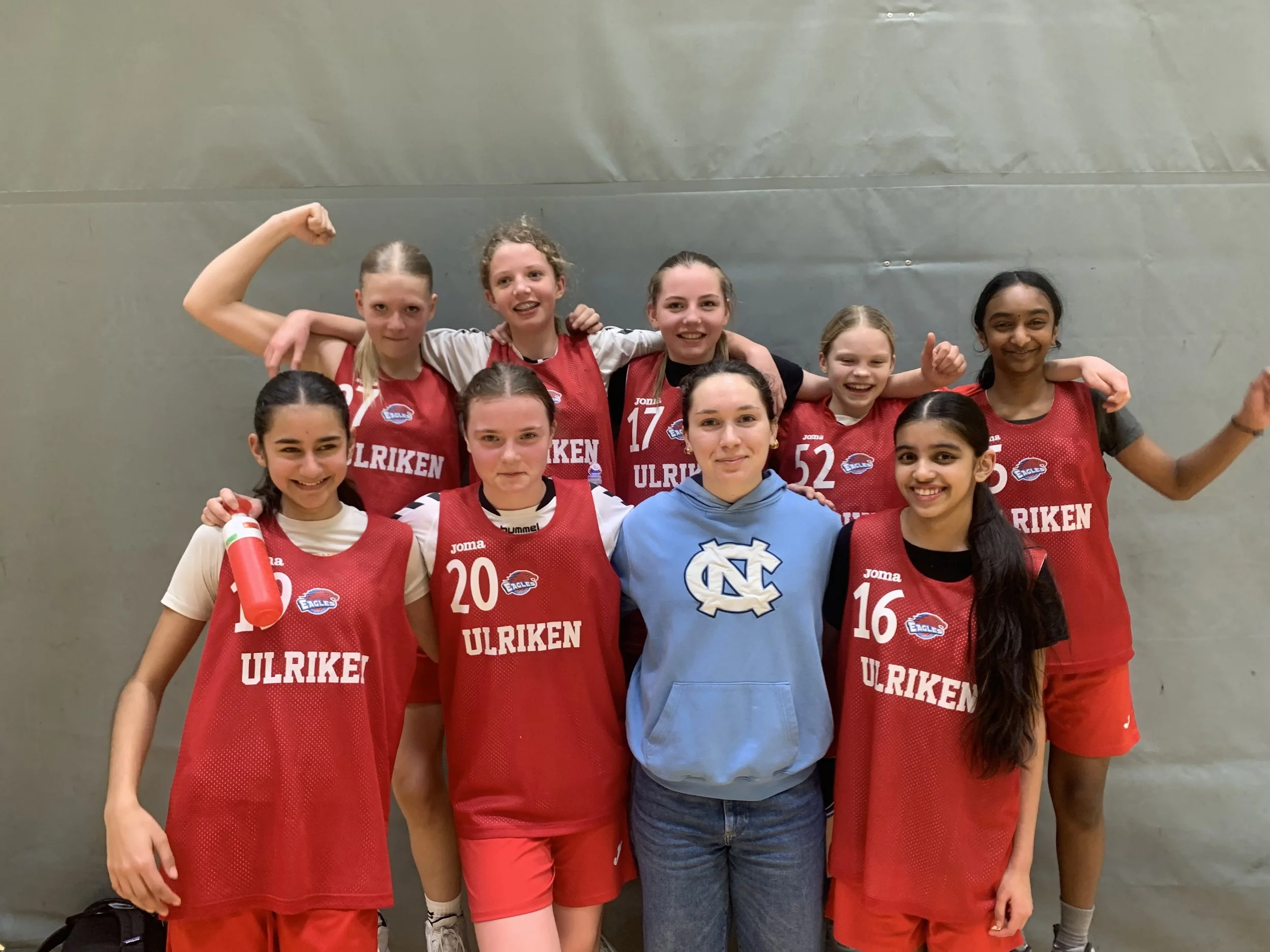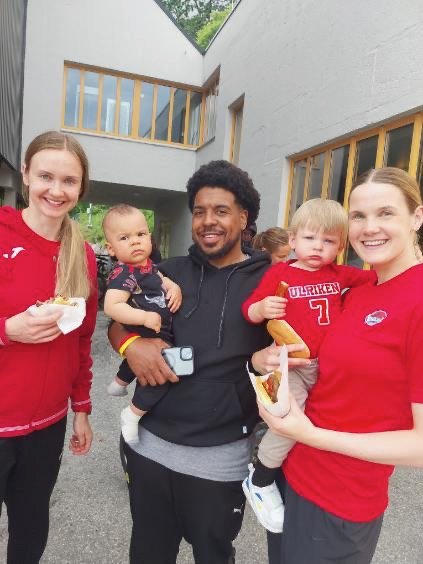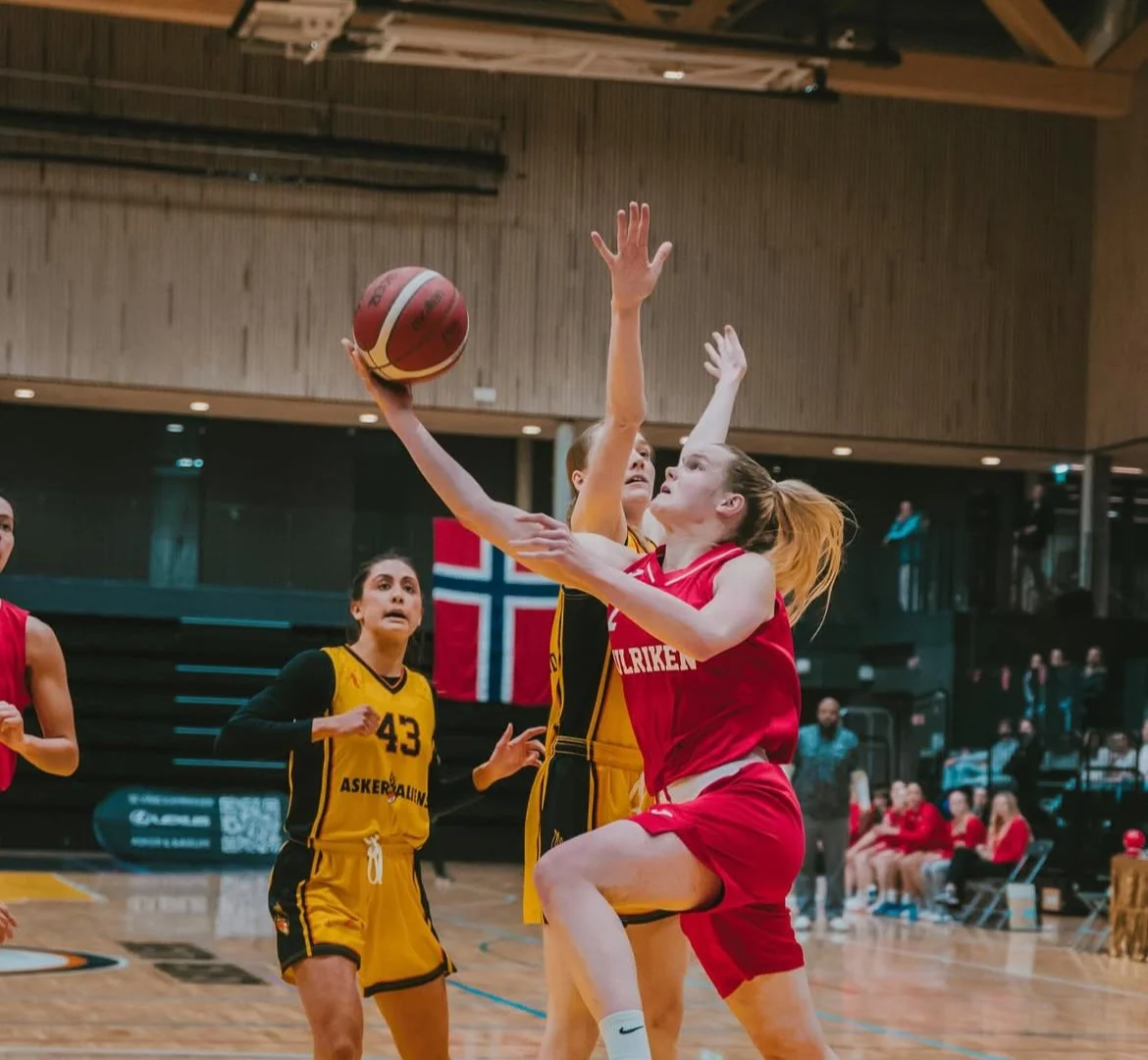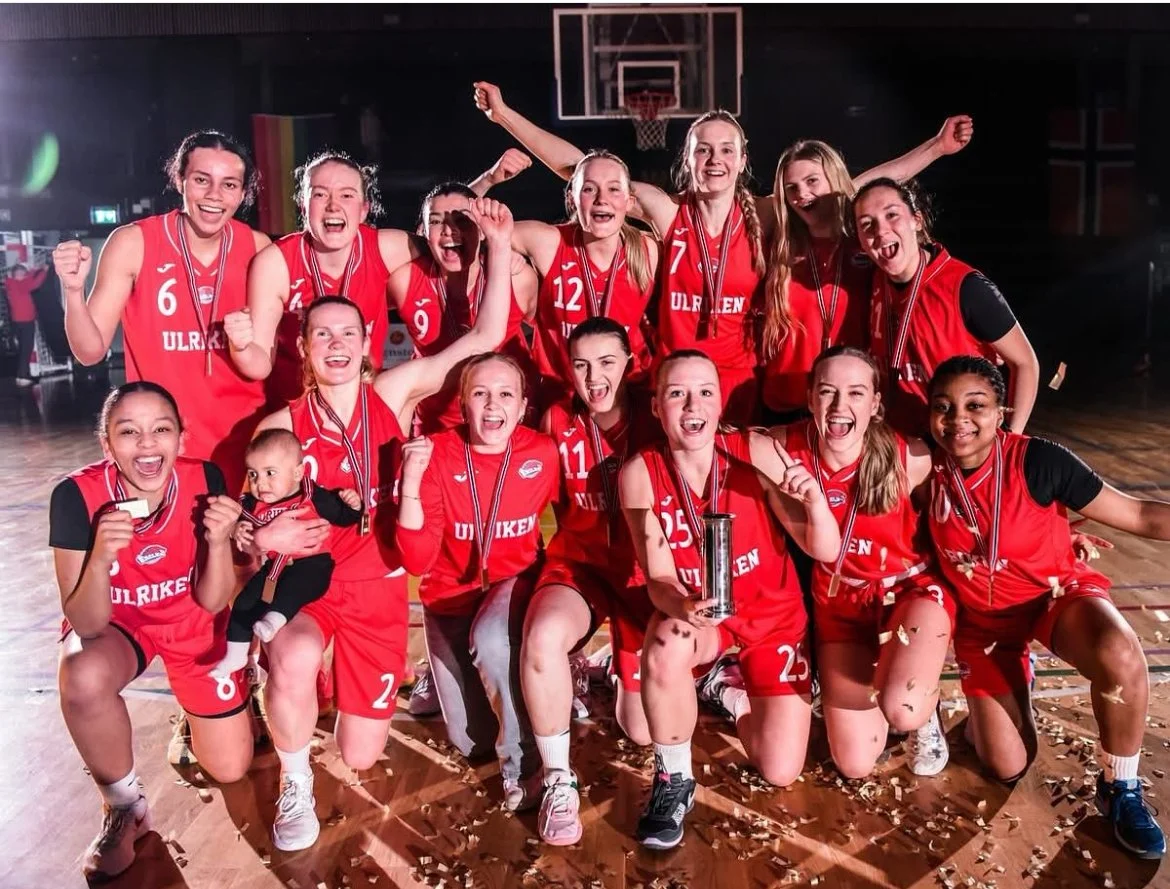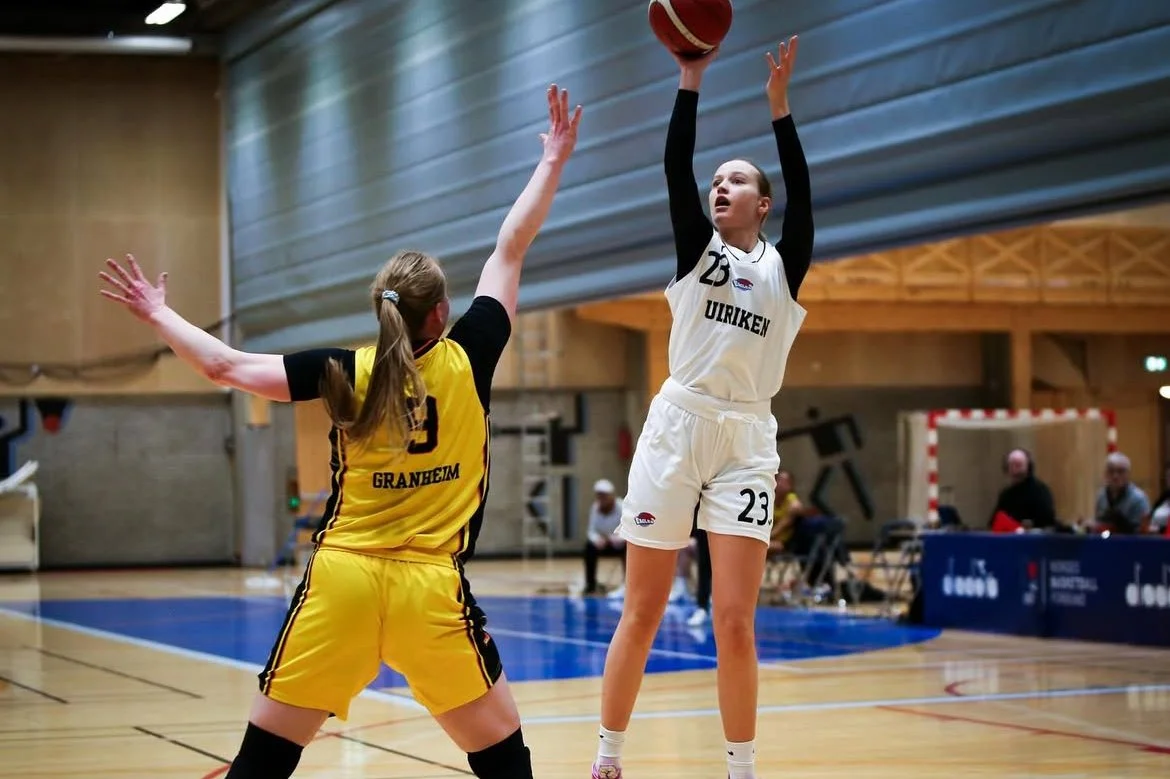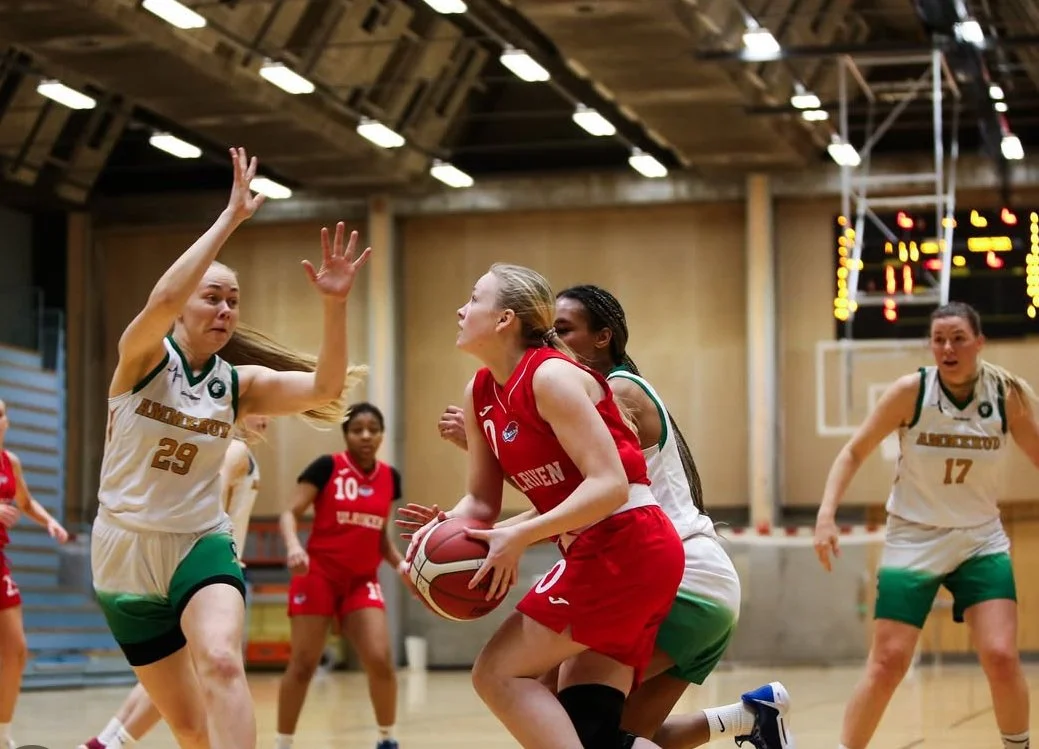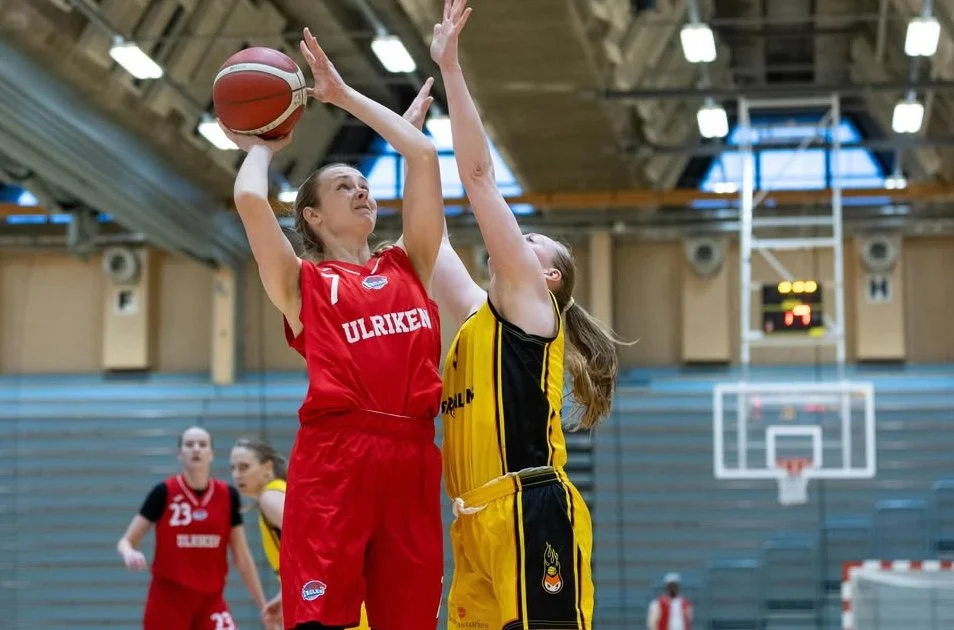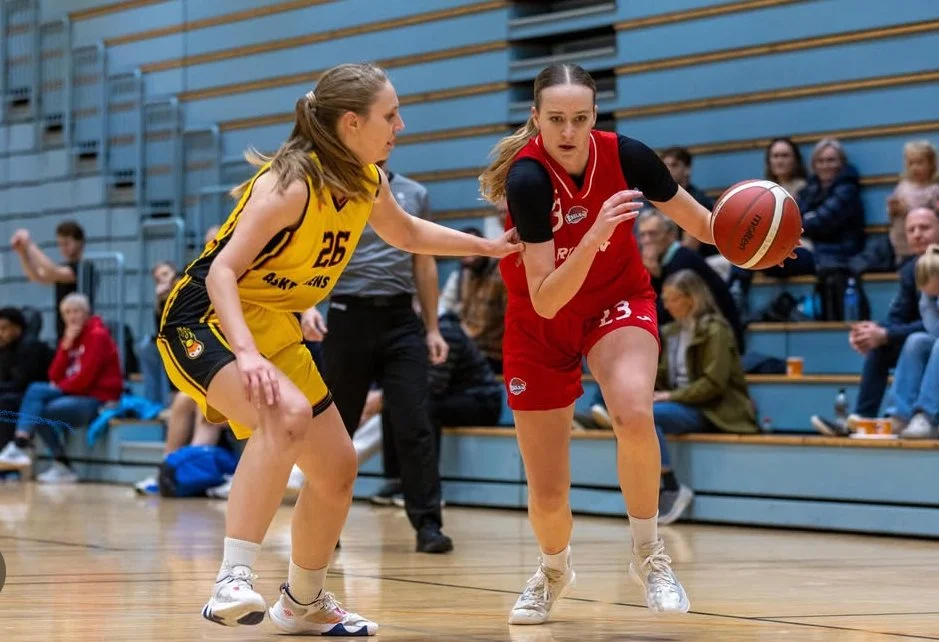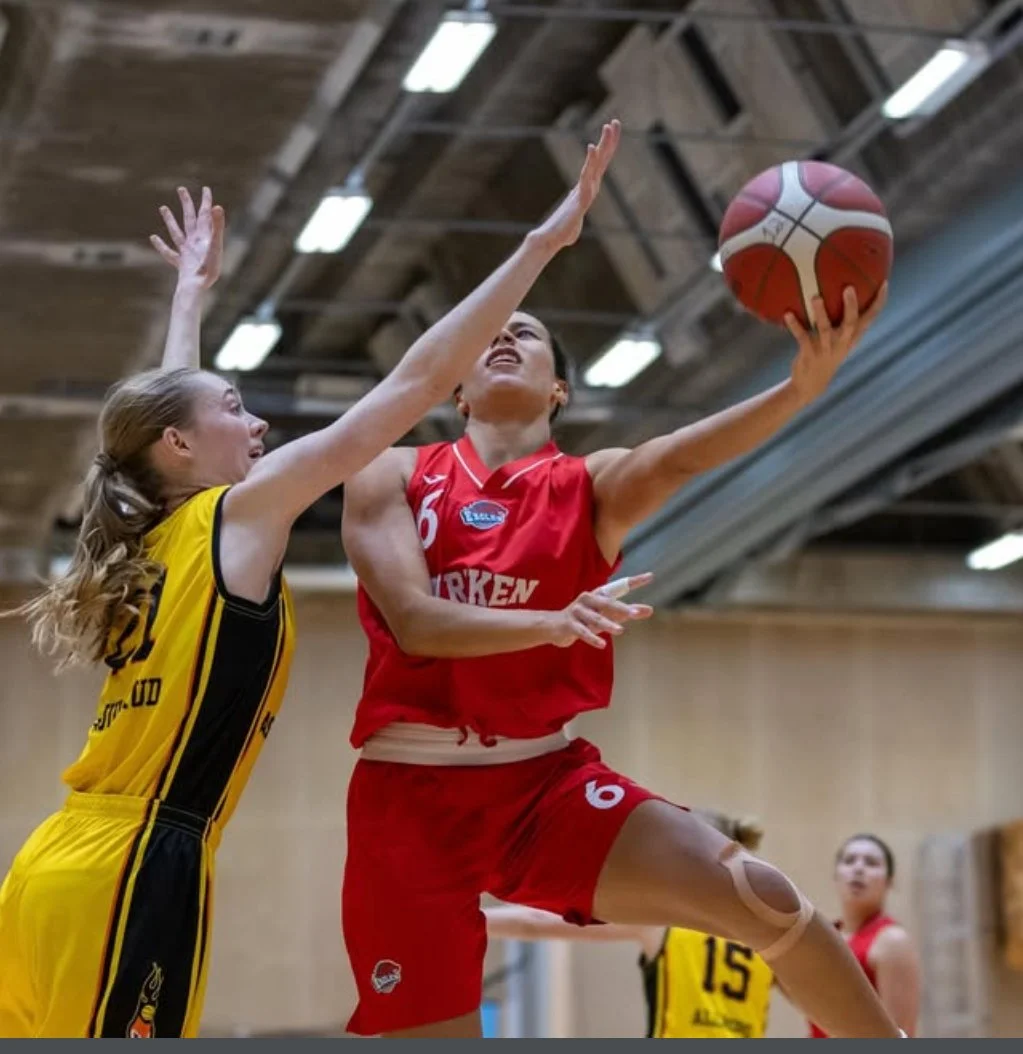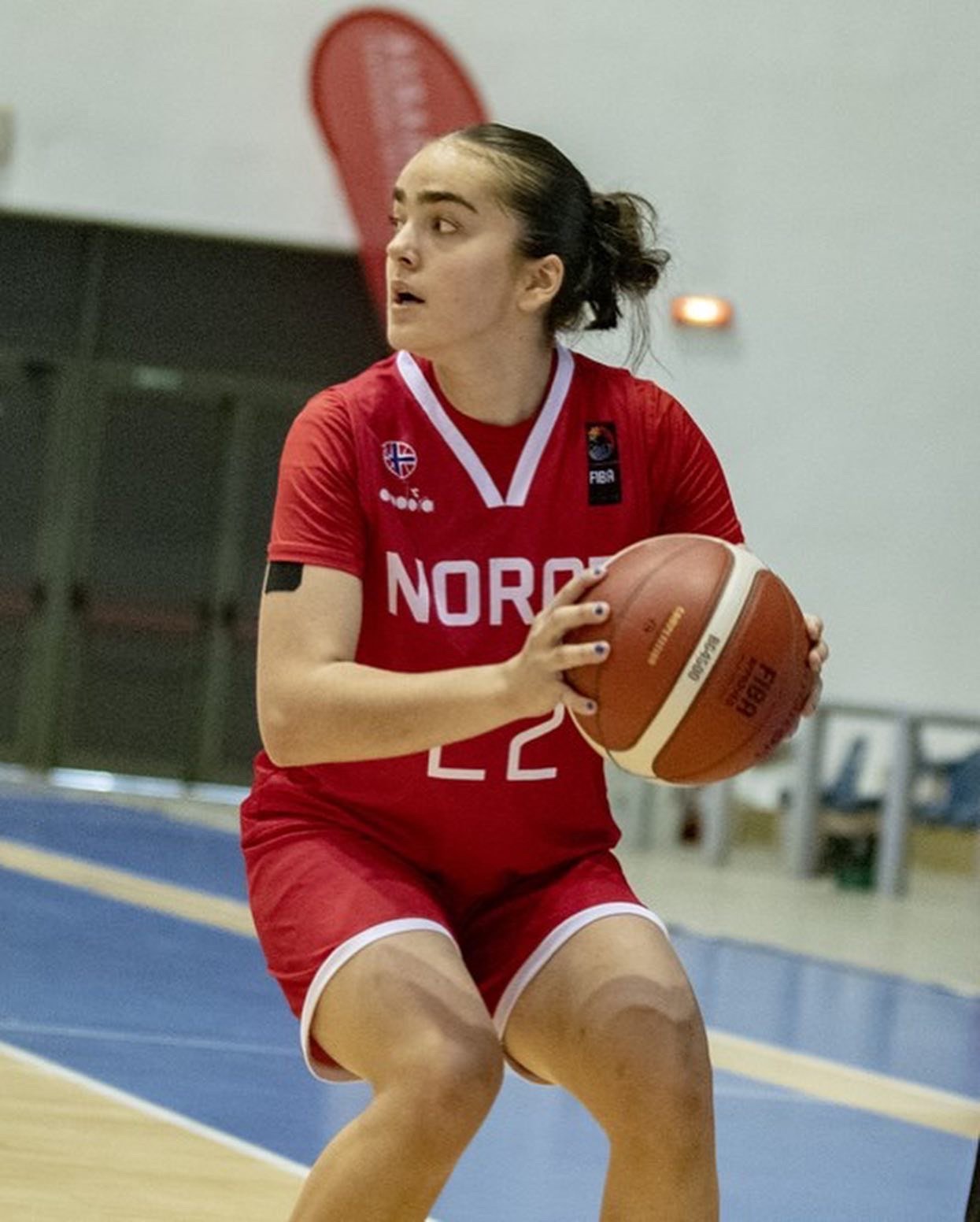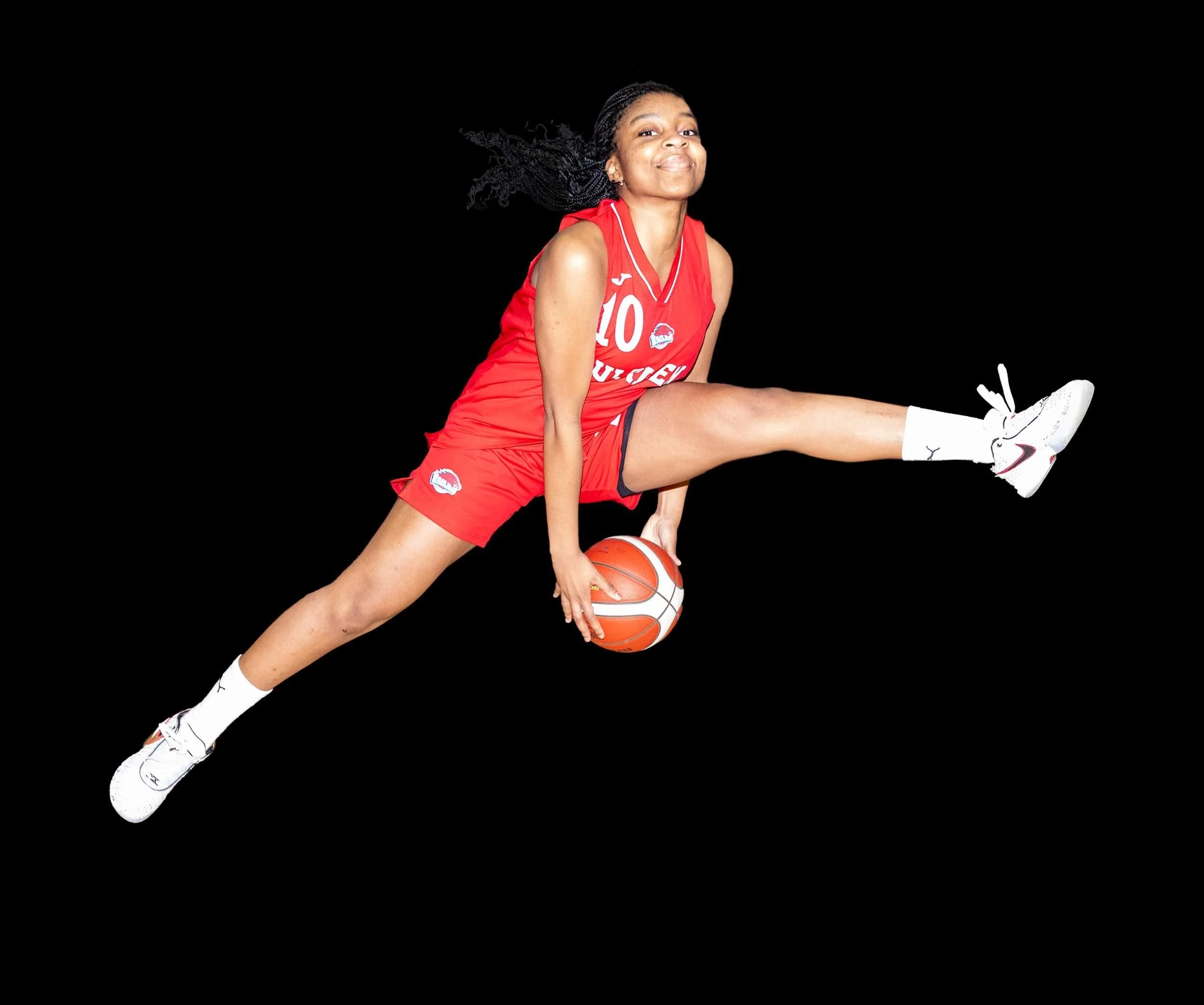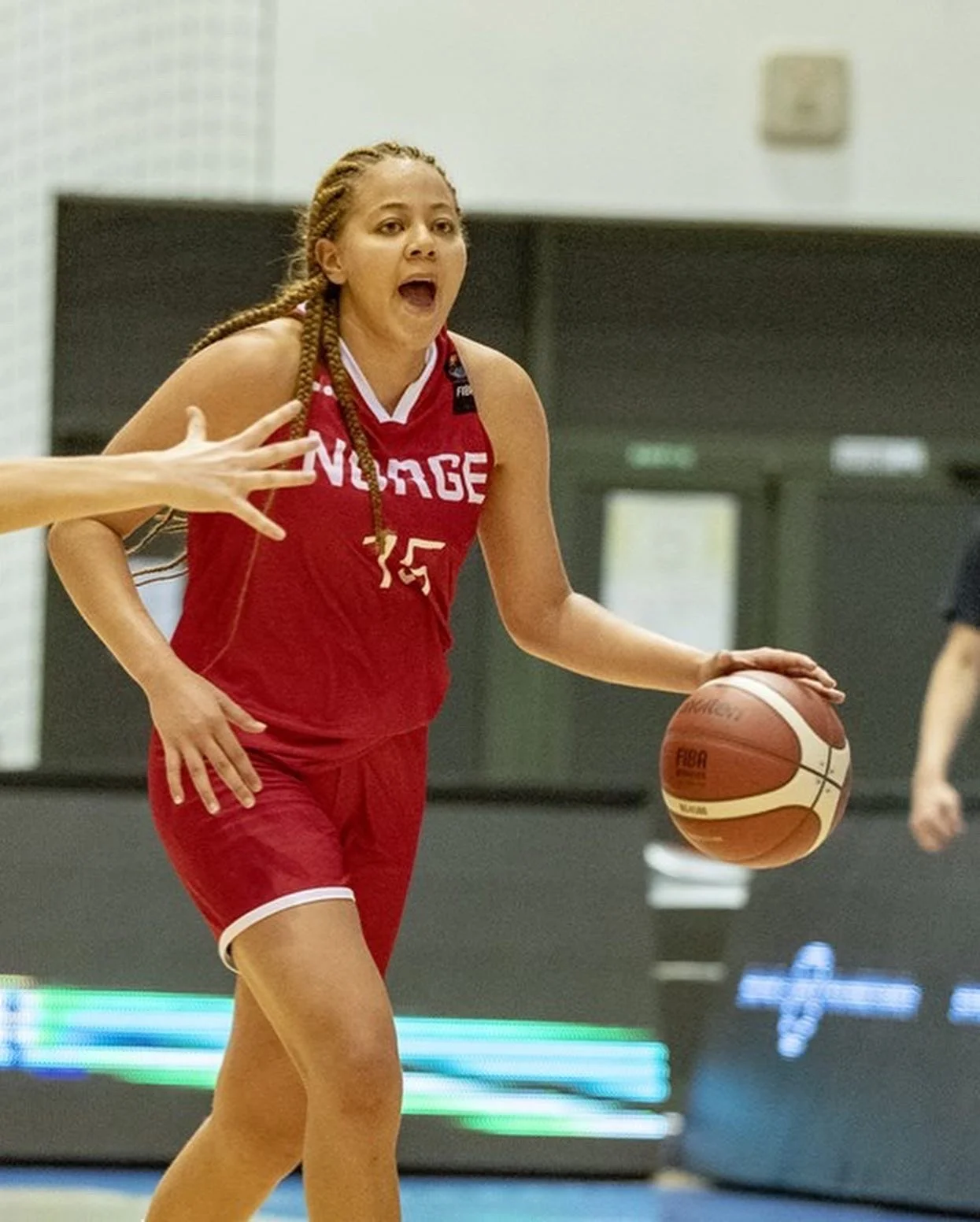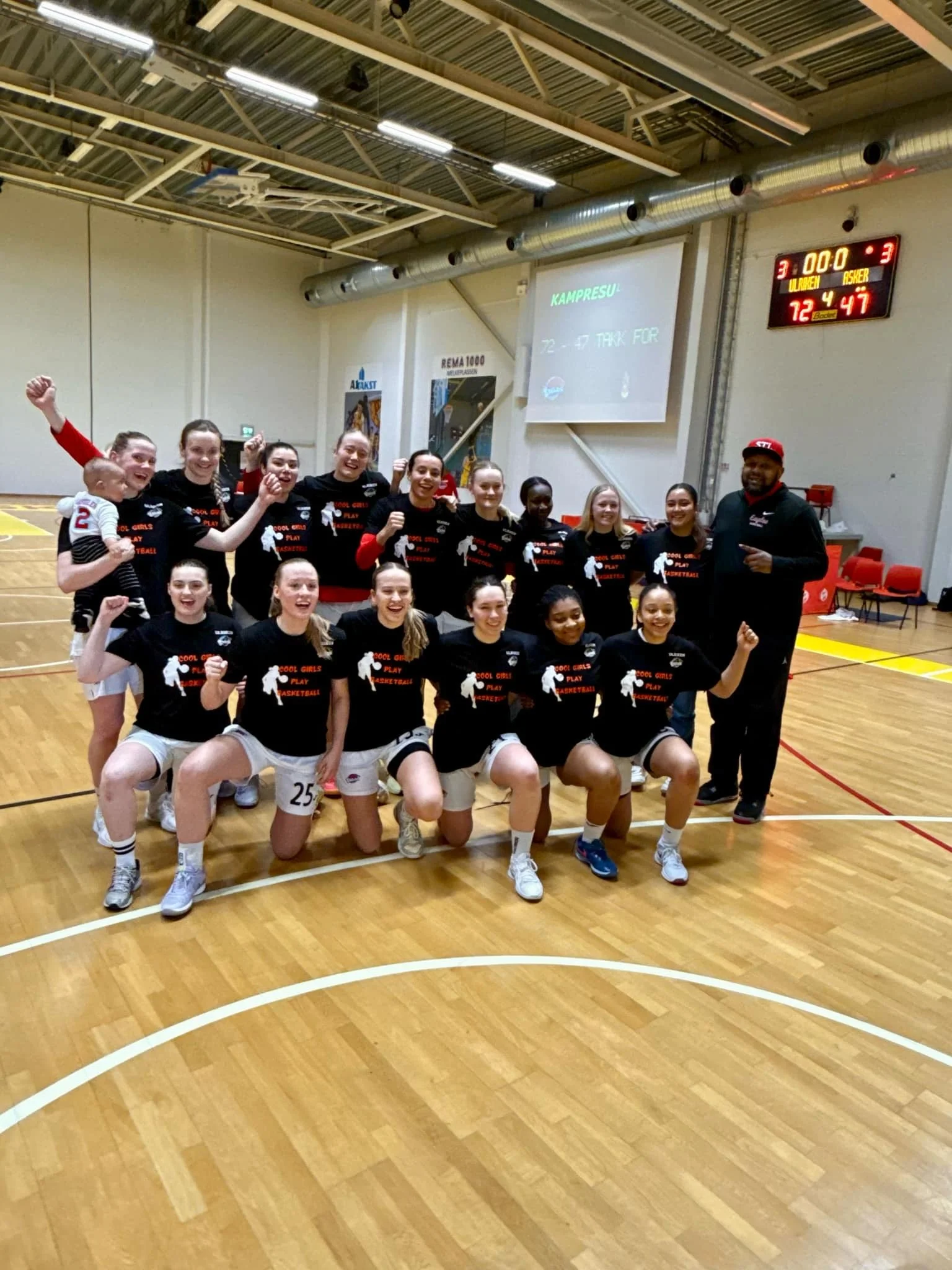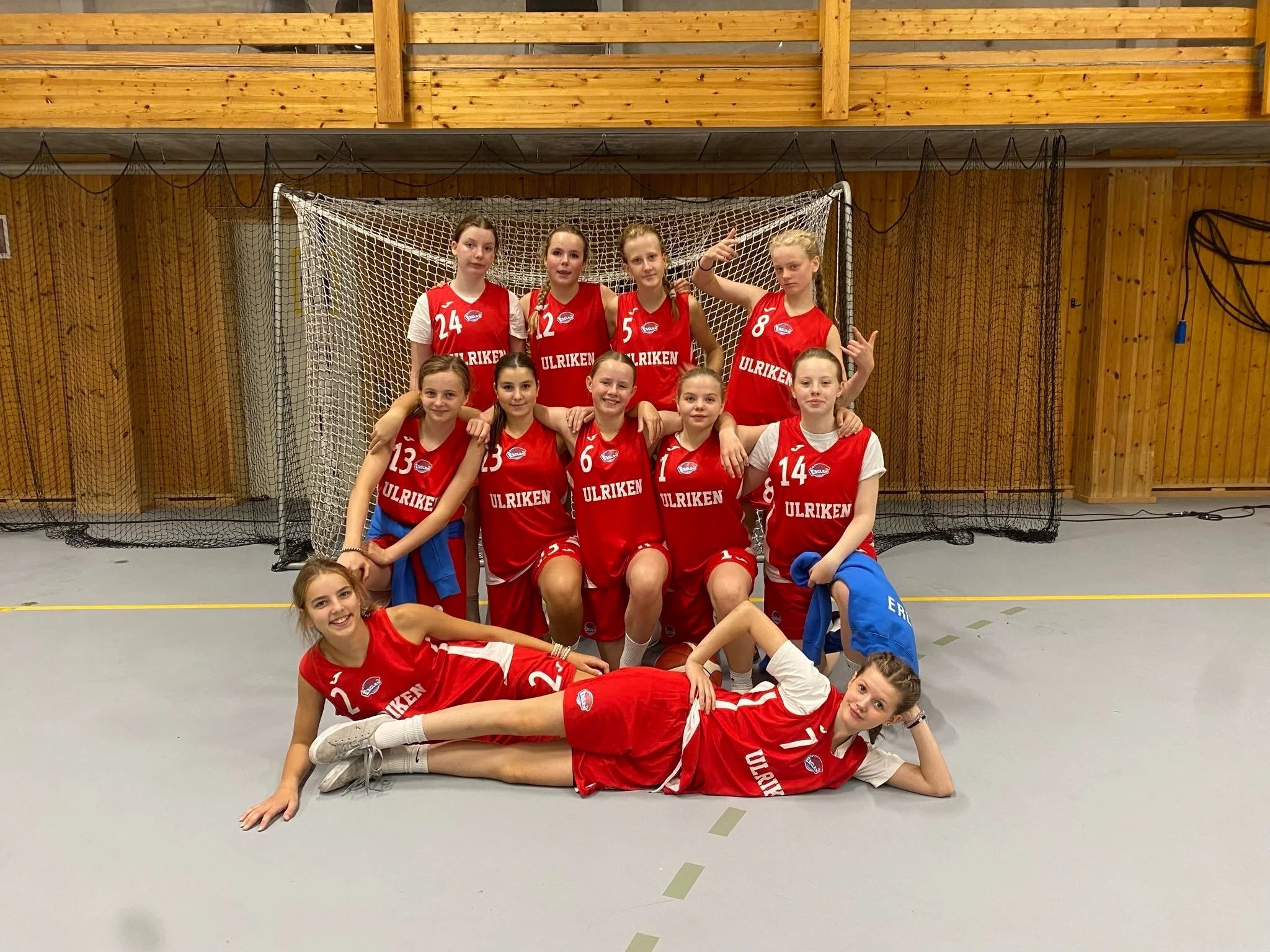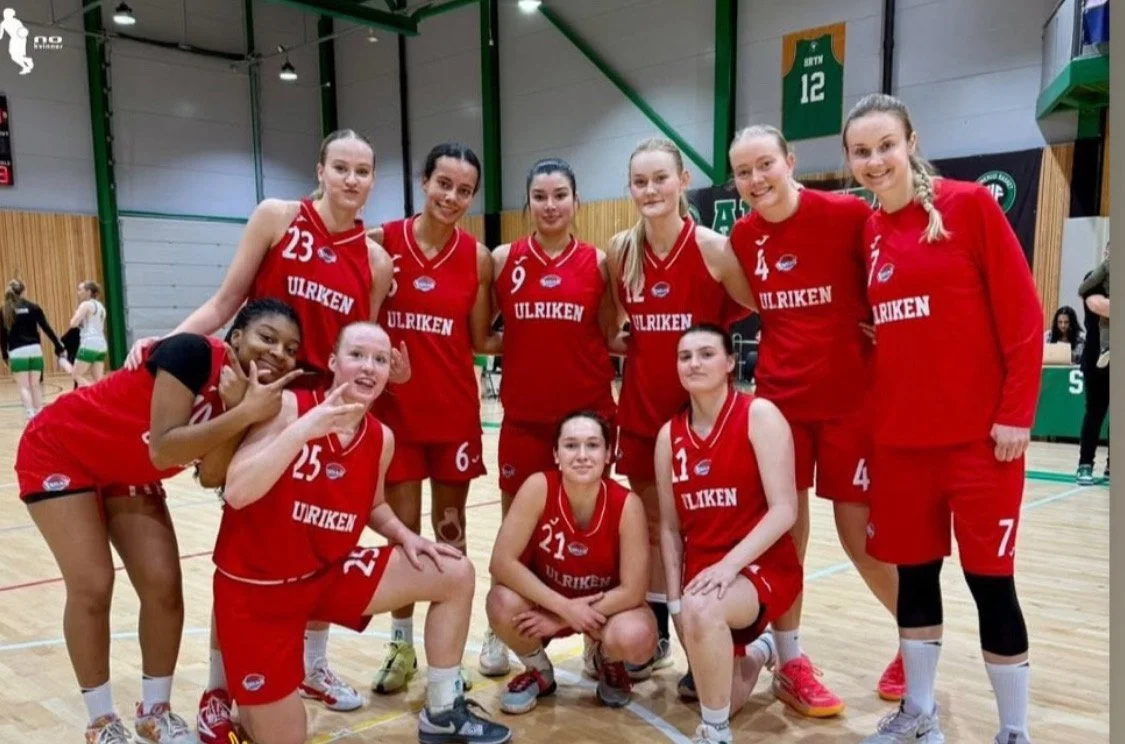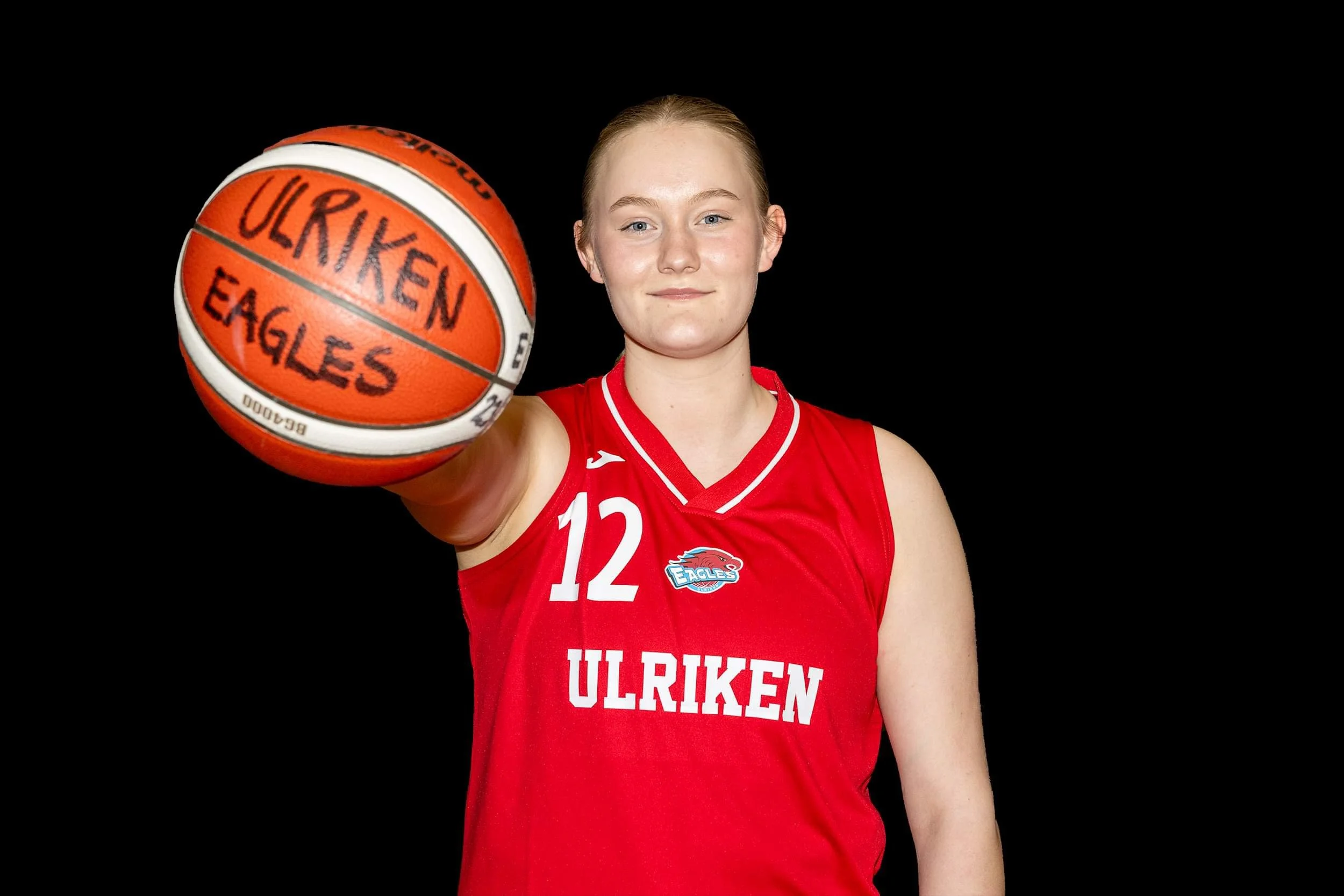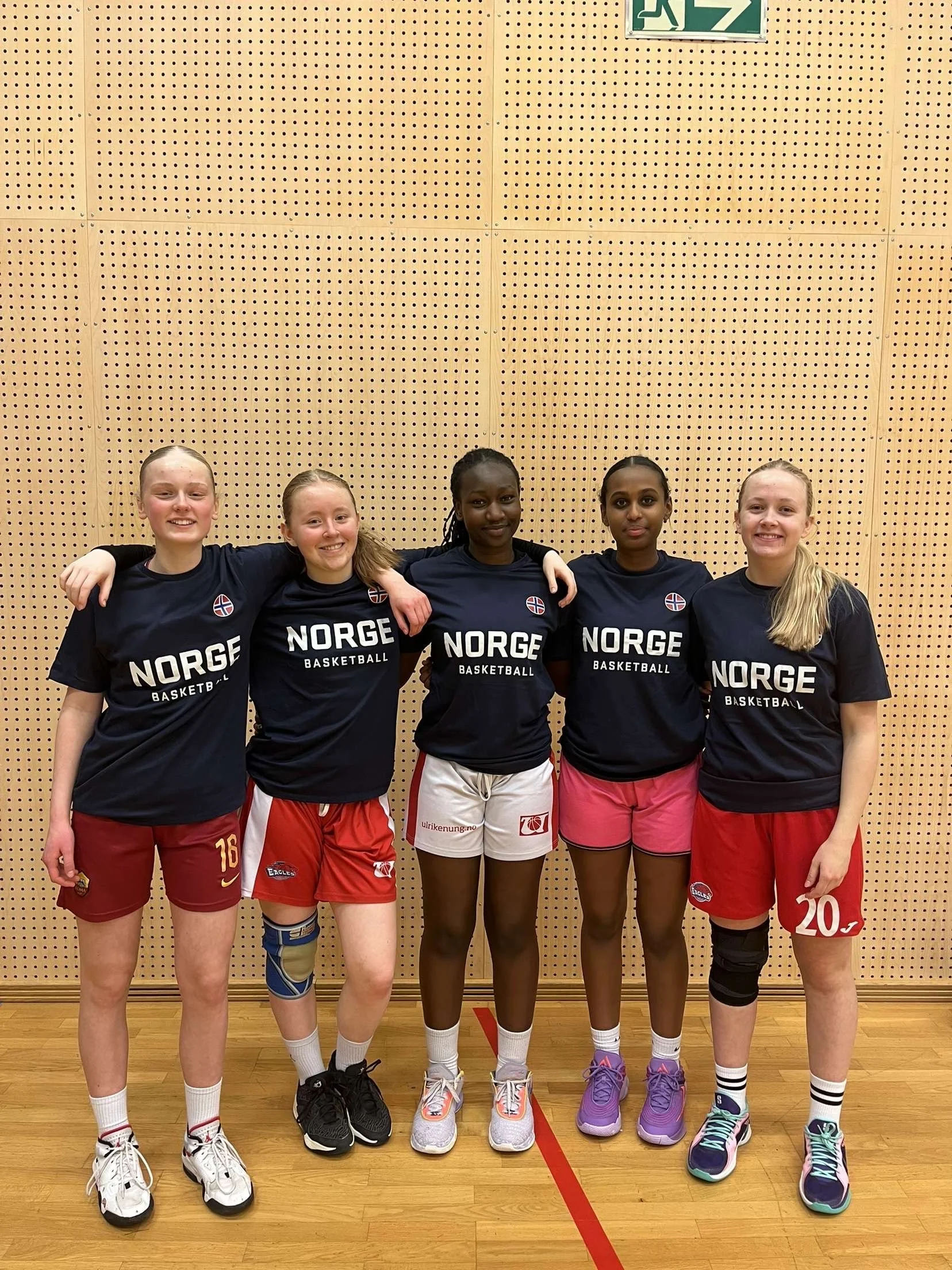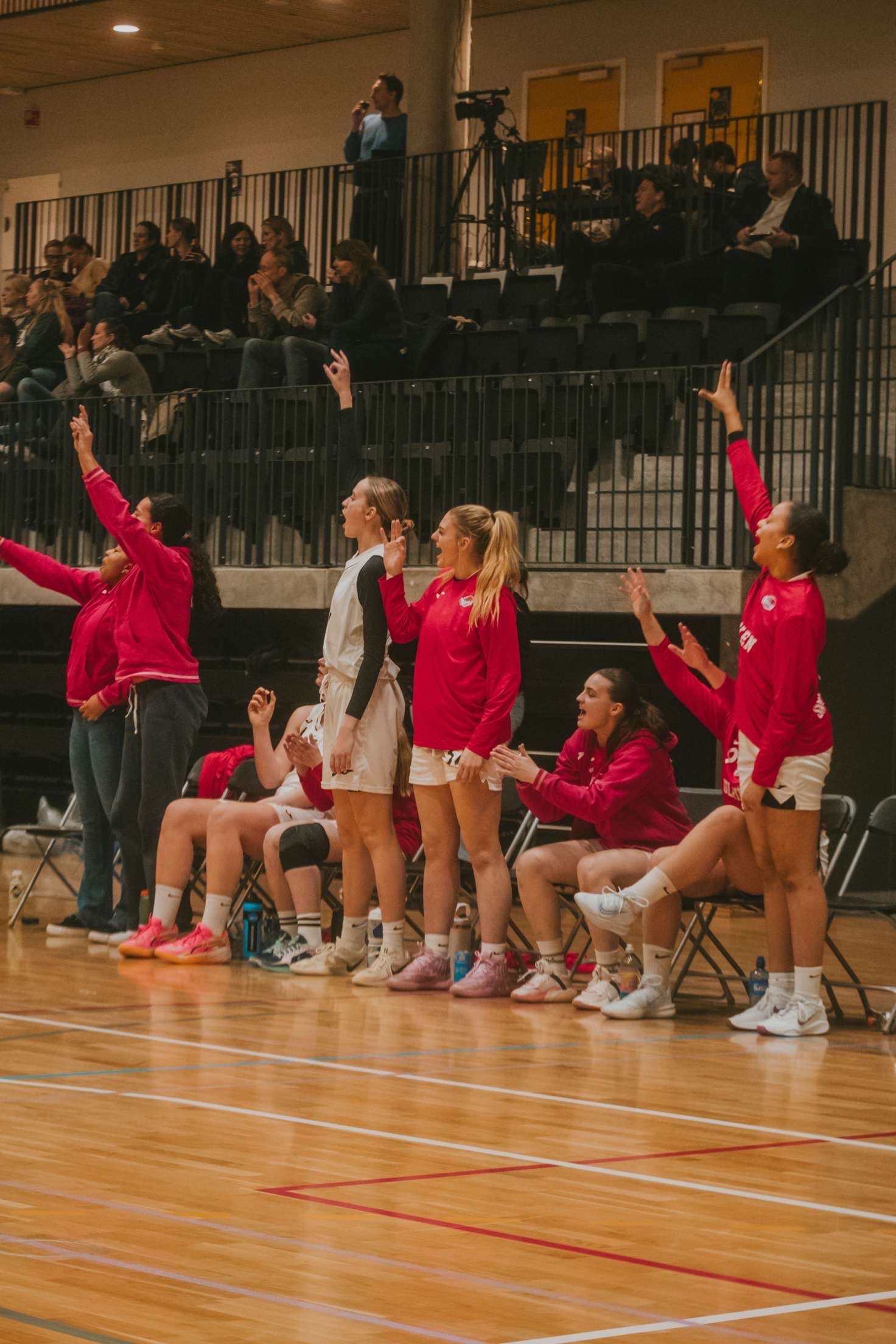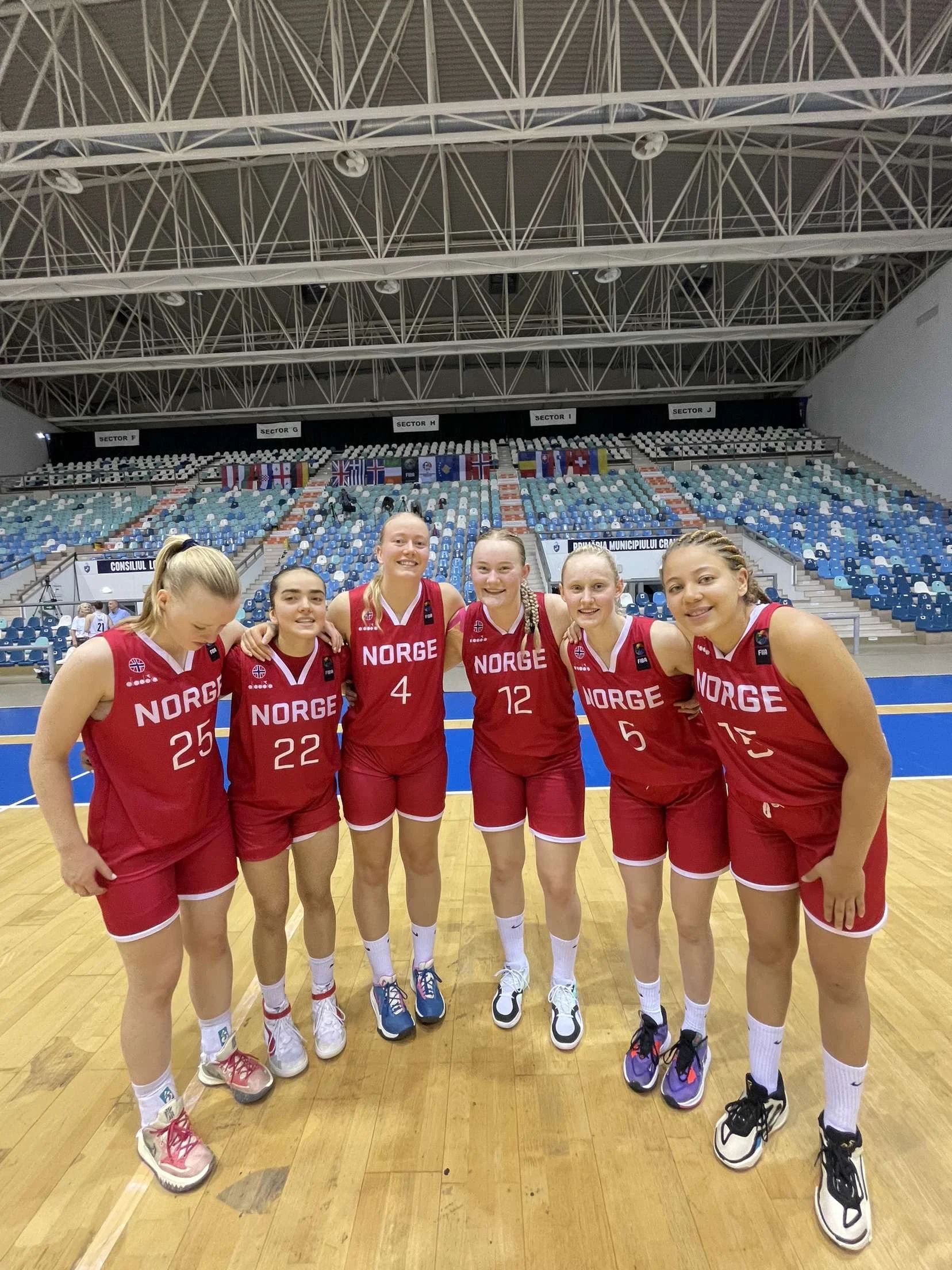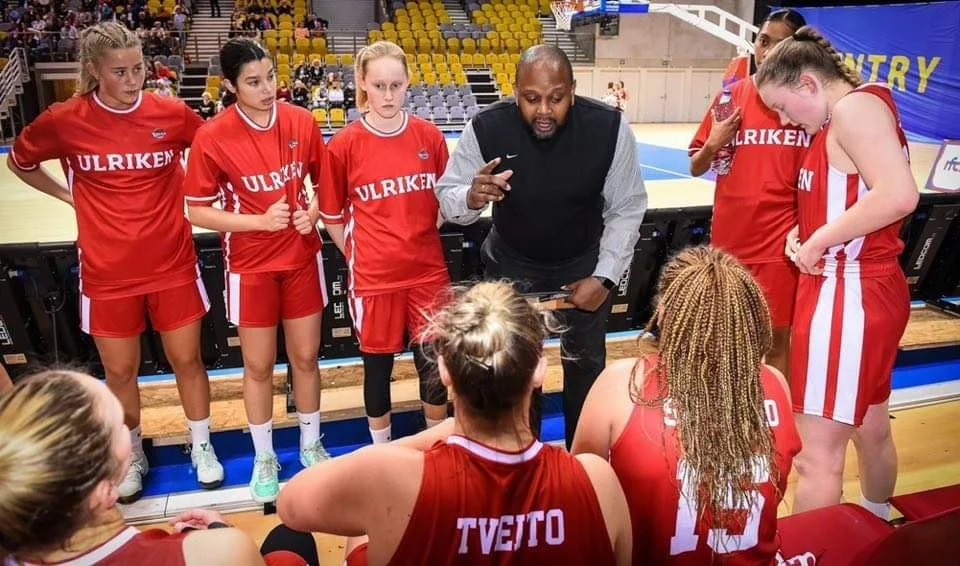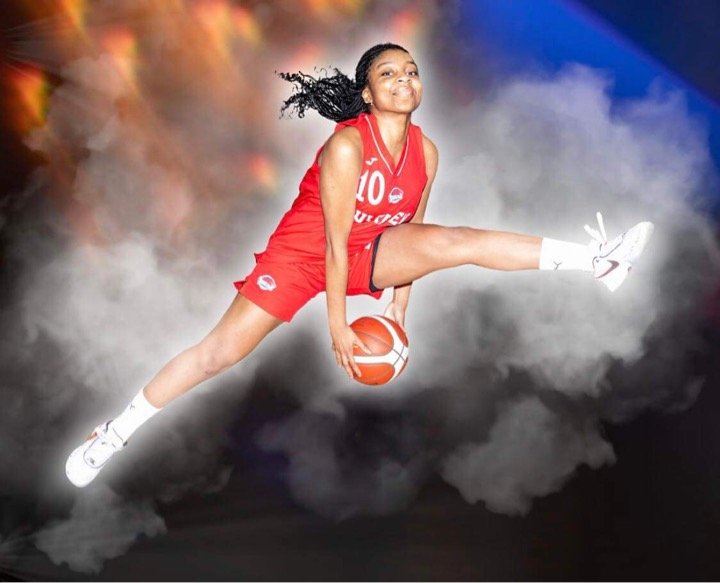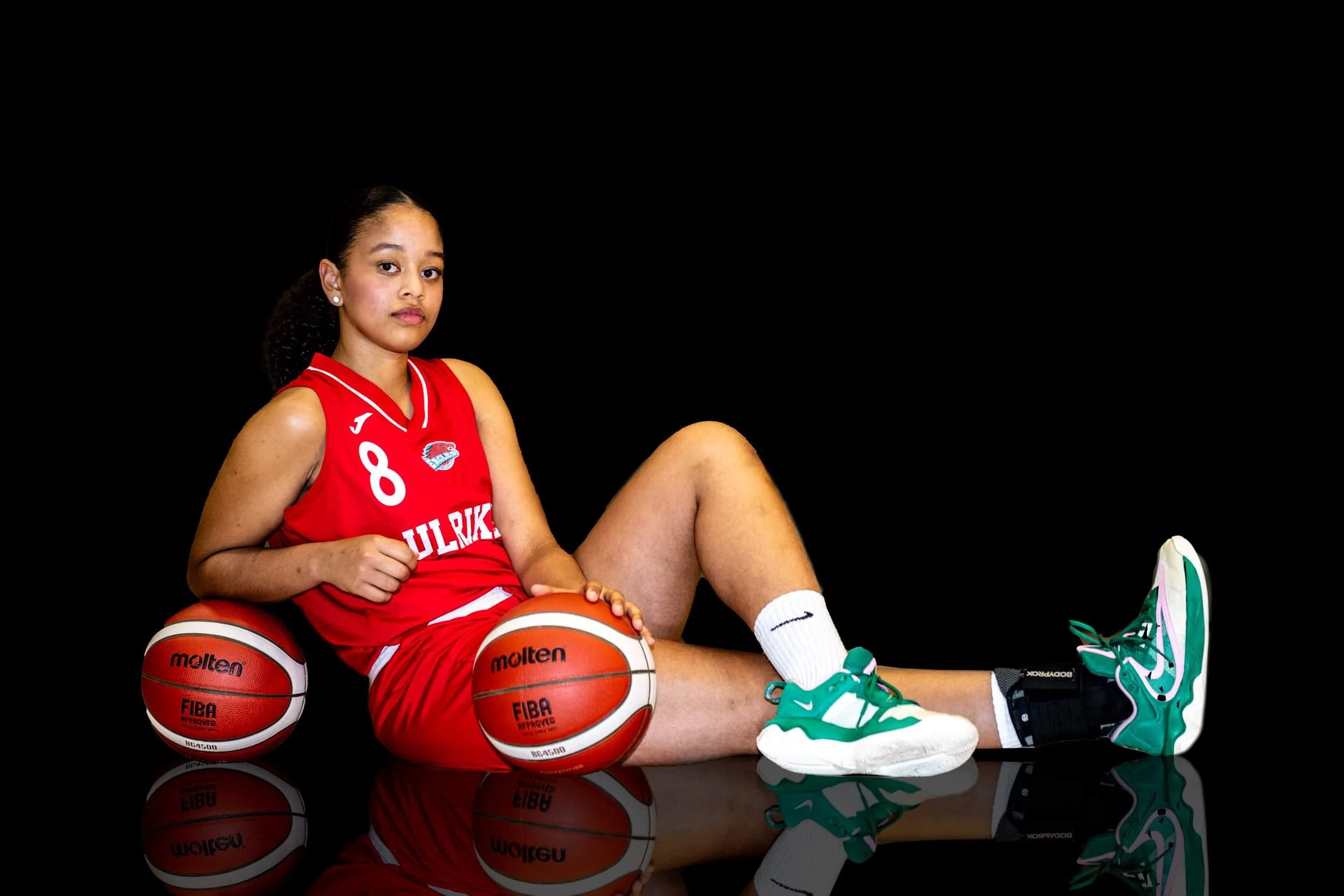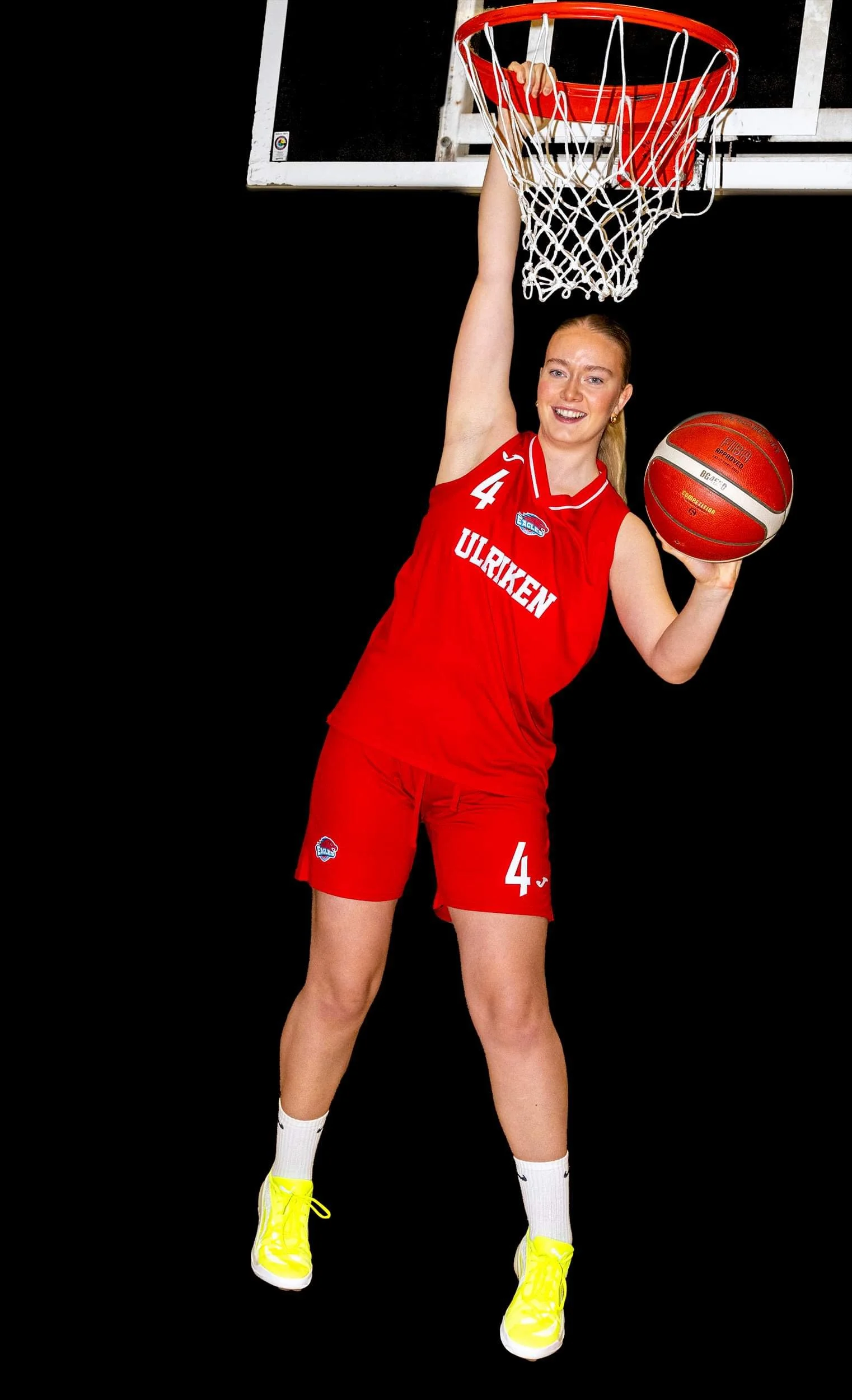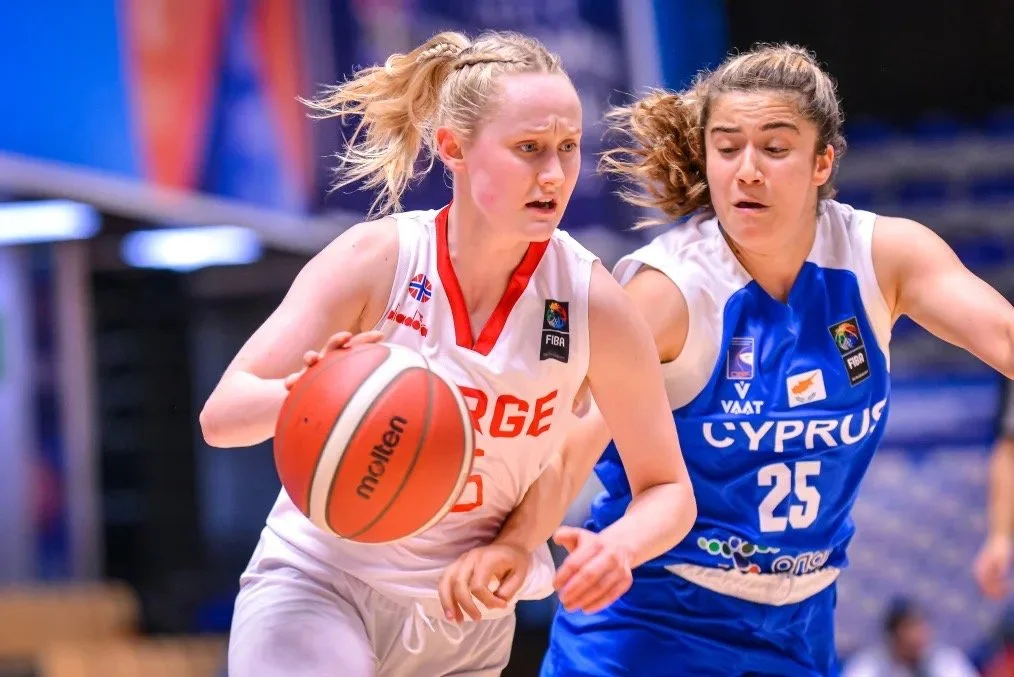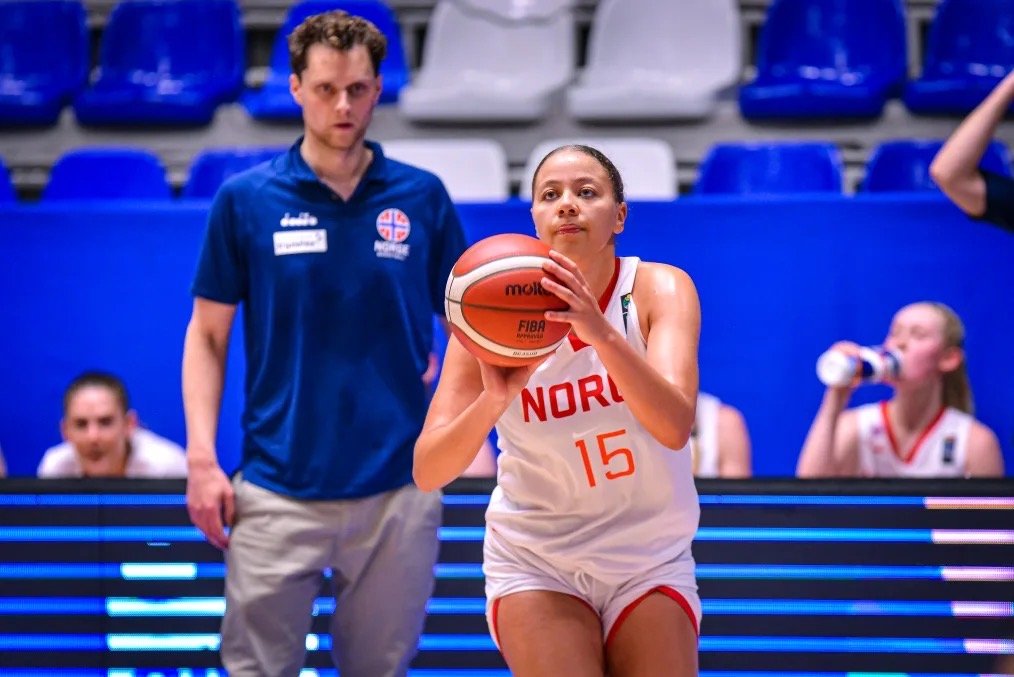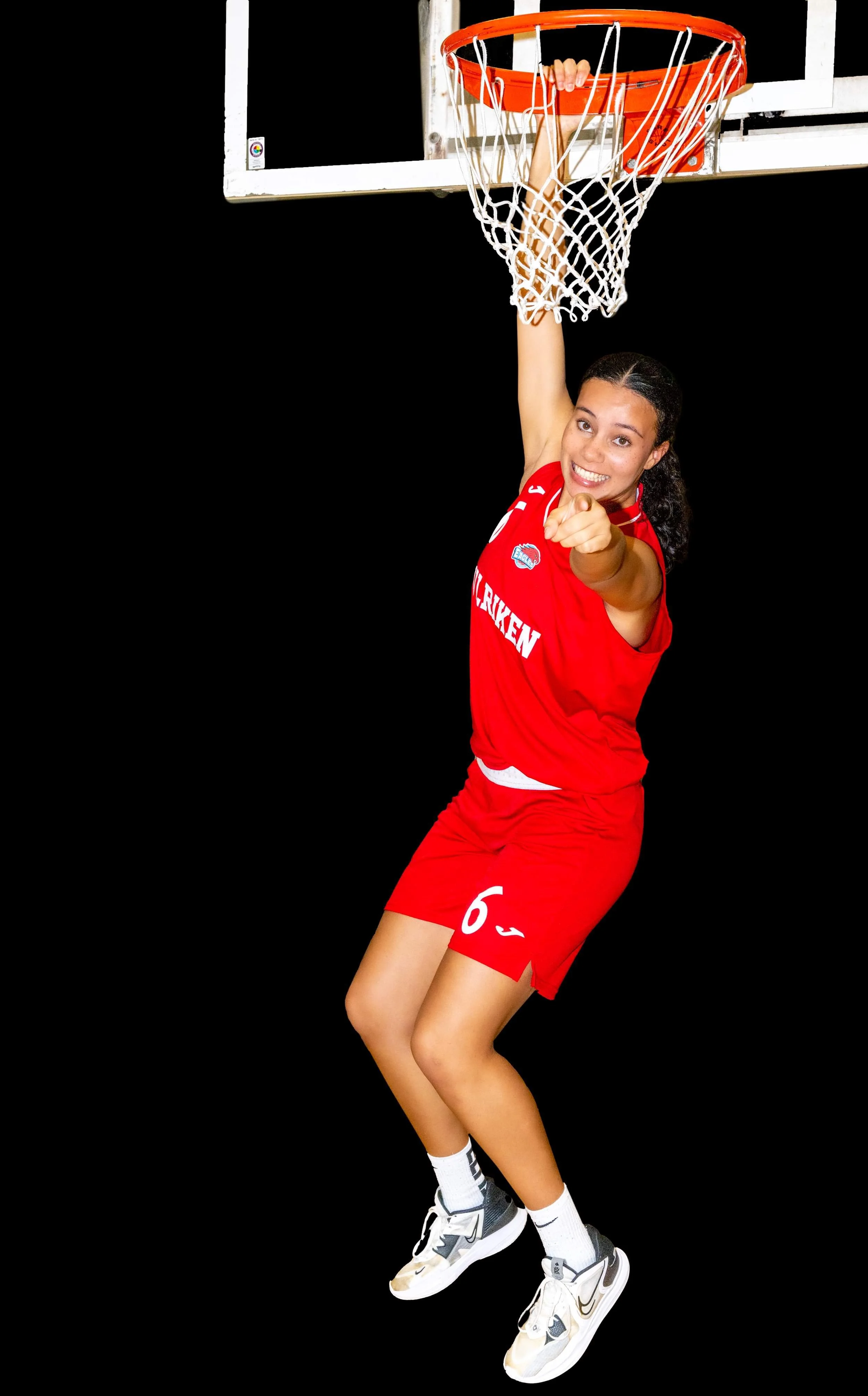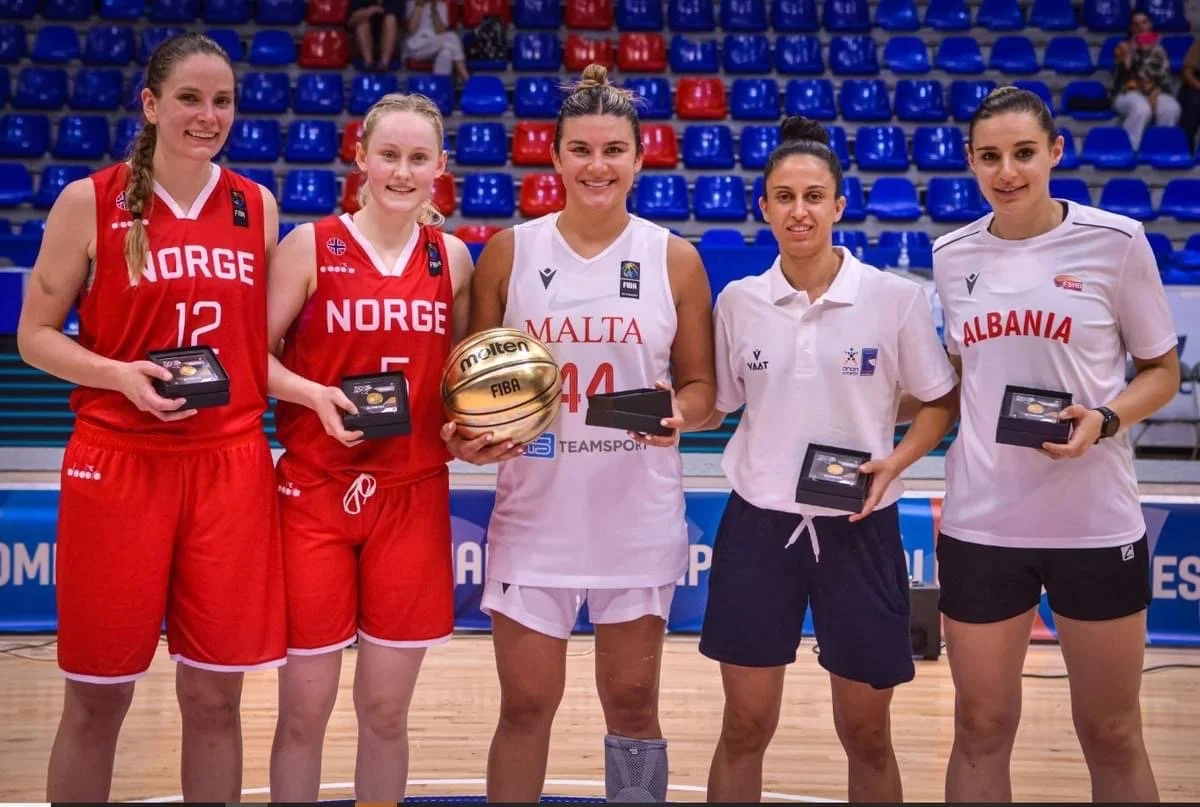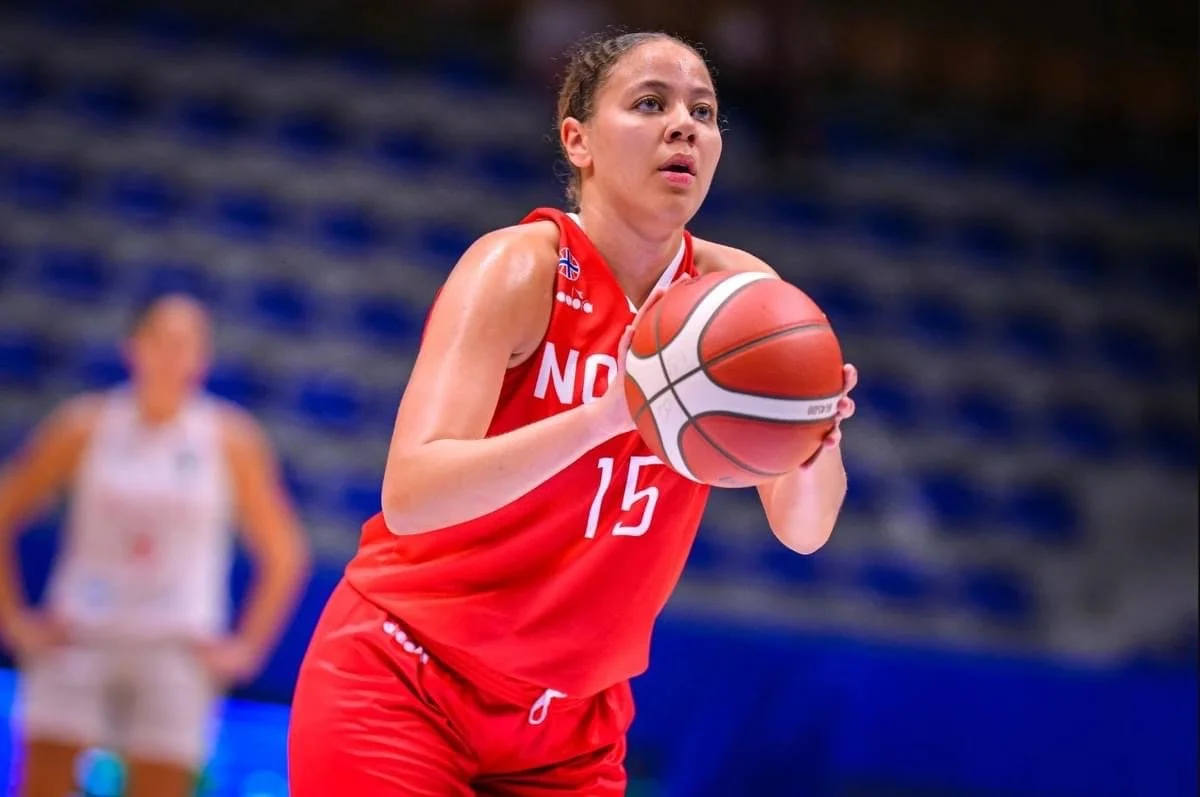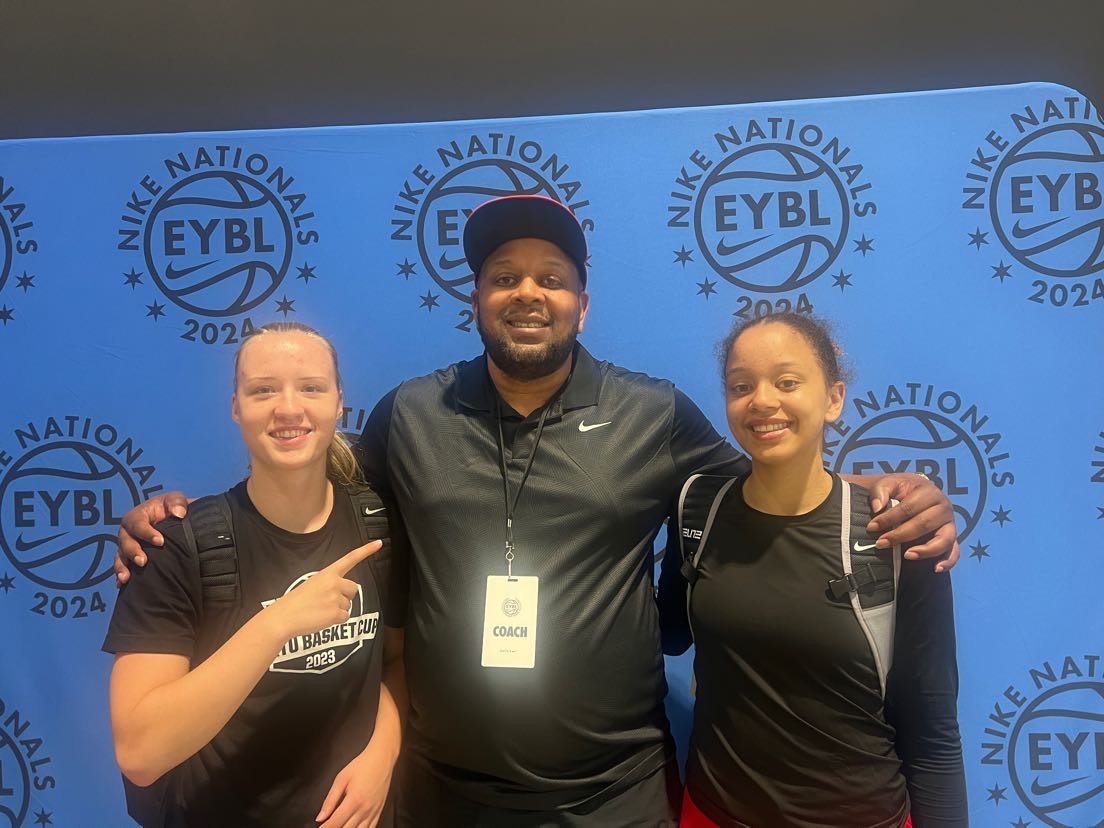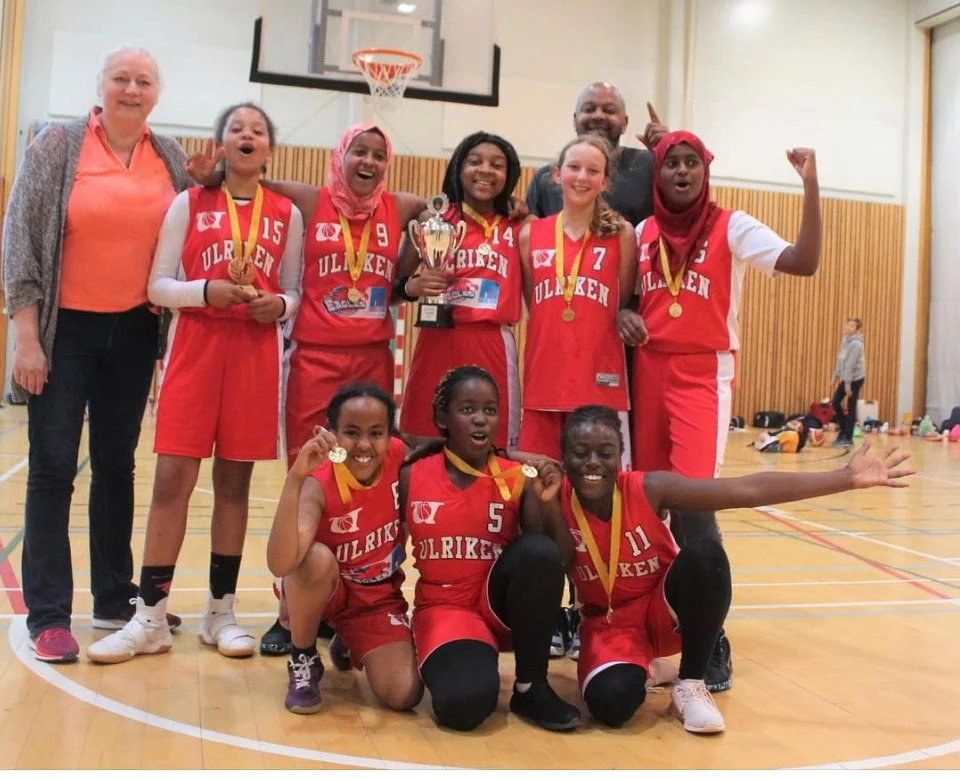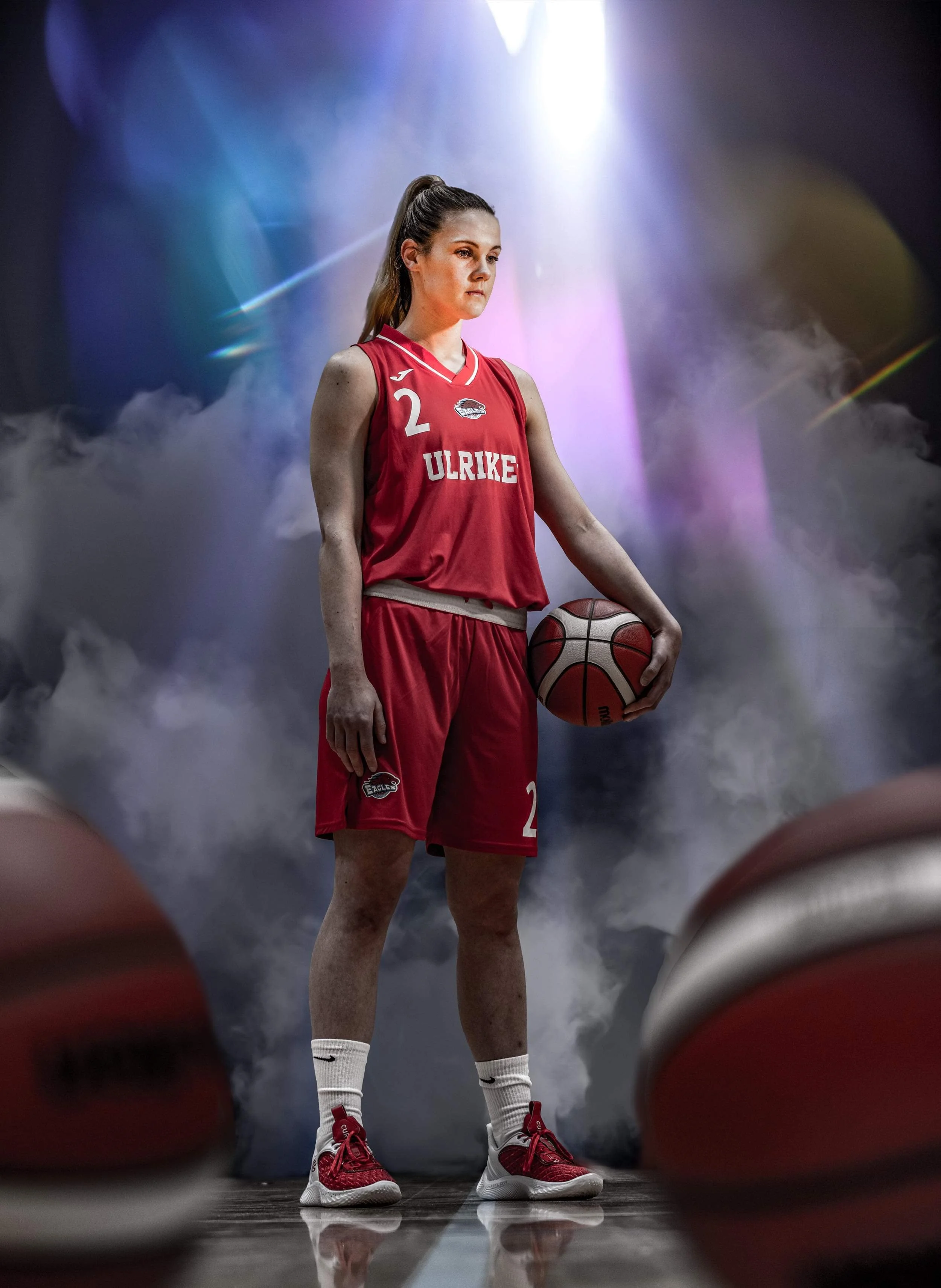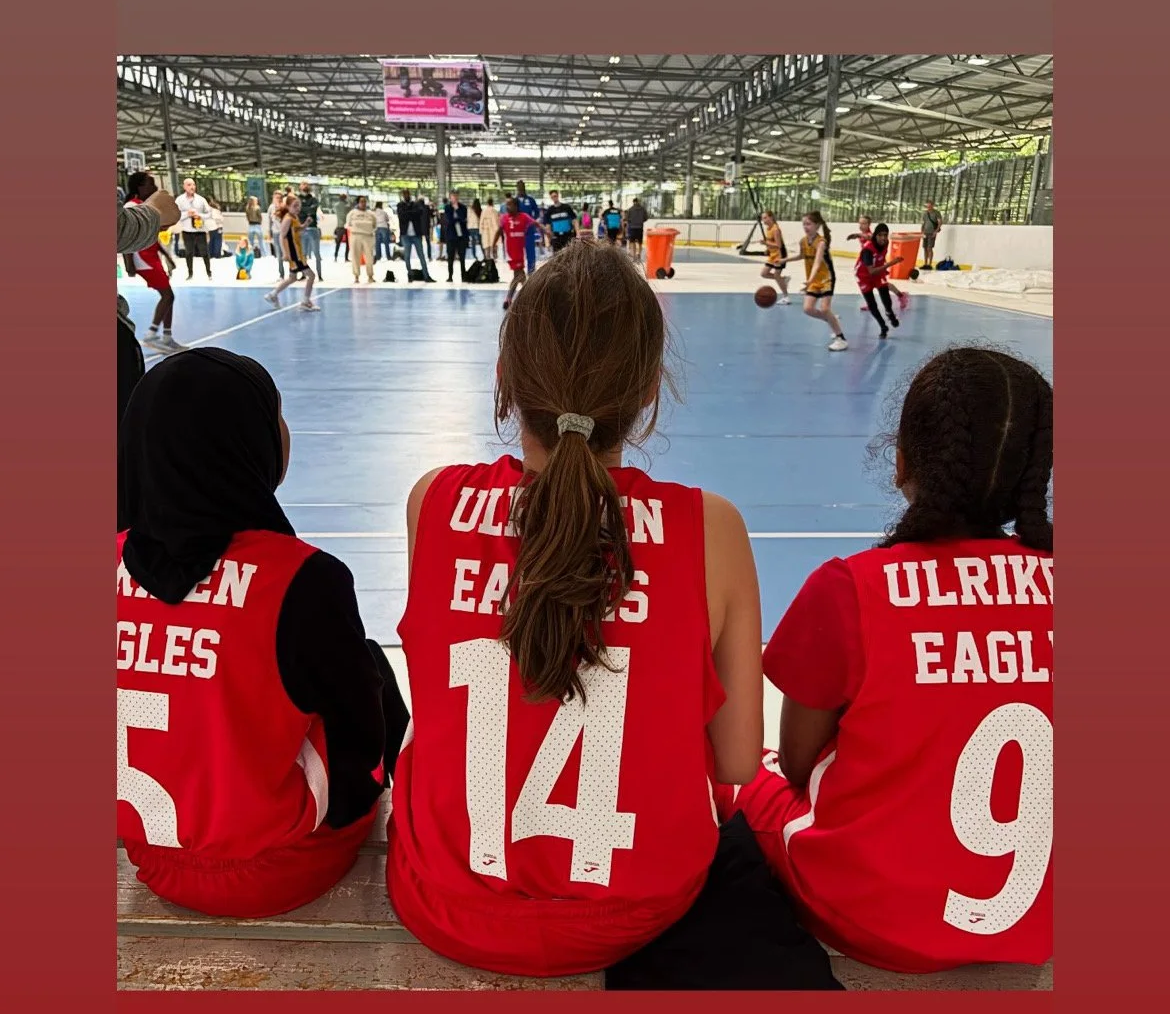Ulriken Eagles: A Legacy of Basketball, Family, and Community
A new report from Bufdir has calculated a social benefit of NOK 1.5 billion based on 7,000 more children from low-income families participating in leisure activities. Vista Analyse has estimated that every 1 krone spent on sports facilities yields 3 kroner in return in the form of better public health and increased workforce participation.
For 55 years, Ulriken Eagles, with its dedicated volunteers and perhaps the oldest and smallest Landås Hall in Bergen, has managed to produce and uplift well-educated, athletic, and healthy young people—many going on to receive scholarships in the USA, become national team players, and form a coaching staff of safe, experienced adults guiding the younger teams. Their efforts are worthy of admiration and provide enormous societal value.
It all began in 1970, when the Ulriken Eagles basketball club was founded by a teacher, Mr Johan Salkjelsvik - known as Joen - and Gunnar Wedøe, Hans Brundtland (the father of Hansa Cup and author of the book Basketfeber), and Hans Petter-Austgulen. Later Arild Buen, Helstrup, Tossi (Torstein Monsen), Geir Eikenes joined and contributed to building, shaping and molding a culture of basketball at its best, both on and off the court. In the low-income area of Landås in Bergen, Norway—home to over 30 different nationalities—values of integration, volunteering, and social responsibility are mandatory essential disciplines incorporated within the club’s culture.
Few at the time could have imagined the legacy they were setting in motion. Within just four years, Ulriken was competing in the elite league (and have stayed ever since). More than half a century later, the Ulriken Eagles, was brought to its glory days in the late 90’s, until 2002 by Mr. David Swan. Ulriken Eagles remains a beacon within Bergen's basketball community—renowned for their sportsmanship and values they have lived by: dedication, volunteerism, family involvement, and an unwavering belief in the power of basketball as a tool for growth, development, integration, diversity, and belonging.
Building a Basketball Family
Today, Ulriken Eagles fields 26 age-specific teams for boys and girls in the 2024/25 season. Their elite women’s players, who have a history of being BLNO champions, compete both in the BLNO, Norway’s top division, and on the National teams, while the men’s side continues in the first division. Yet, beyond the numbers and wins, the spirit of Ulriken lies in the people who are carrying it forward— all female BLNO players (with one exception) are coaches to younger teams. In addition; the Ulriken way resembles three generations of families where people take care of one another. Its very foundation constitutes a serious responsibility of giving back and paying it forward, where families, volunteers, and coaches give countless hours to nurture a culture of basketball that has shaped generations.
The Austgulen family story is emblematic of this spirit. Hans-Petter Austgulen began his playing career in 1971, and his wife followed two years later. Decades on, both remain active contributors, having held leadership roles, coached youth and elite teams, and guided their own daughters through a journey that reached national championships, college scholarships in the U.S., BLNO and National Teams. For them, basketball has been a family tradition, a lifestyle of belonging, and a means of strengthening the community.
Social Responsibility at the Core
“Basketball for all!” is a team motto that has stood the test of time. From the beginning, Ulriken Eagles have thrived on inclusion, integration, diversity and volunteer spirit. In the club's early decades, it was run by the players themselves. Through good times and not so good times, an important learning experience was carried forward shaping the culture of the club today. Still with the same, loyal and dedicated members, counting 55 years of passionate contributions from the volunteers who share their success with Mr. Roar Andersen, a staple in Bergen Sports Community who always supported the Ulriken Eagles social responsibility.
“Roar Andersen is a man of honor!” says Mr Arild Buen
Today you will find parents, players, and coaches alike rolling up their sleeves to support their teams and to sustain the very framework that allows the club to flourish. The Hansa Cup, now Norway’s largest basketball tournament, stands as a testament to this. What began as a club fundraiser has grown so large that multiple clubs now contribute. Similarly, Ulriken organizes the annual Veteran NM, where “all hands on deck” is more than a phrase; it is a tradition that binds the community together through shared work, laughter, and pride.
Whether it is managing score tables, cleaning gyms, running kiosks, or coordinating game operations, the BLNO players lead by example, working alongside the youngest members of the club. This model of collective responsibility has proven incredibly meaningful. Their collective social responsibility fosters bonds, creates memories, and shows every player that being part of Ulriken means being part of something bigger than yourself.
The club has always strived to ensure that financial barriers never keep a child from playing. With some of the lowest membership and training fees in the country, Ulriken has made affordability a priority. Each year, the club writes off unpaid fees and provides support for travel, uniforms, and activities—because exclusion is never an option. This commitment is especially meaningful in Landås, Slettebakken, and Årstad—districts where many families face economic challenges or come from immigrant backgrounds where integration is a necessity for young children, especially through sports.
Success Rooted in Continuity and Culture
The past 15 years have been particularly remarkable for Ulriken’s women’s program. Their success stems from leadership, a clear training culture, and a framework built on predictability and care. Stability in coaching has allowed players to grow in an environment where expectations are clear, ambitions are nurtured, and values are reinforced.
Yet, like many club challenges such as recruiting enough young girls into the sport can remain difficult especially in a multicultural district where basketball may not be the default activity for girls. With that said, the Ulriken team has approximately 30 different nationalities within the club.
Ensuring high-quality coaching for the youngest players is a constant priority for the club, as is keeping membership fees low so that financial barriers do not stand in the way of participation.
Role Models Who Inspire
Perhaps Ulriken’s most powerful contribution to the basketball community is the cultivation of role models. BLNO players frequently coach younger teams, inspiring girls to dream bigger and believe in themselves. Families such as the Austgulens, the Freys, and the Sanfords embody this multigenerational commitment, with parents coaching, children playing, and siblings volunteering.
Few stories illustrate this better than that of Fatou Badjie, a young Ulriken player who balances her role as a U16 national team athlete with volunteering for her club. Whether helping organize camps, caring for her younger sister, or assisting at community events, she radiates positivity, discipline, and responsibility.
“This is excellent upbringing, dedication, and achievement at its very best,” noted Louise Mohn (Founder of Meteva Sport og Helse) after meeting her—a shining example of how basketball can shape character as much as athletic ability.
What makes Ulriken’s legacy especially meaningful is the way the club has woven social responsibility, community service, and volunteering into the very fabric of what it means to be a player or coach. For example, the Ulriken Eagles have continued involvement in the LIM project, SFO, the NextGen Neighbor Network and the Basketball Academy.
Their athletes and coaches consistently step beyond the court to strengthen their community and beyond its borders. Through initiatives like the SFO after-school project at four local schools (Fridalen, Haukeland, Landås, and Kronstad), Ulriken is able to have hundreds of children completely free of charge.
Facing Modern Challenges with Old Values
Like many communities, Landås and Årstad face modern pressures: rising drug use among youth, tougher social environments, and the difficulty of engaging families from diverse backgrounds in volunteer culture. Ulriken has met these challenges head-on, guided by the belief that the club must be more than a sports organization—it must be a visible, caring presence in the community. Leaders like Arild Buen, Durell and Ingvild Sofie Sanford exemplify this mission, driving inclusion initiatives, coordinating after-school programs, coaching, mentoring, and ensuring that no child is left behind.
A Legacy Still in Motion
Fifty-five years after its founding, the Ulriken Eagles remain proof that sport can be used as a vehicle for change and growth. Their legacy is not defined solely by wins, but by generations of families who have found joy, purpose, and friendship in Landåshallen.
Ulriken will continue to shine and be a powerful example using their same secret sauce that has sustained it for decades: volunteers who give their time, families who invest their love, and players who grow into role models for the next generation.

